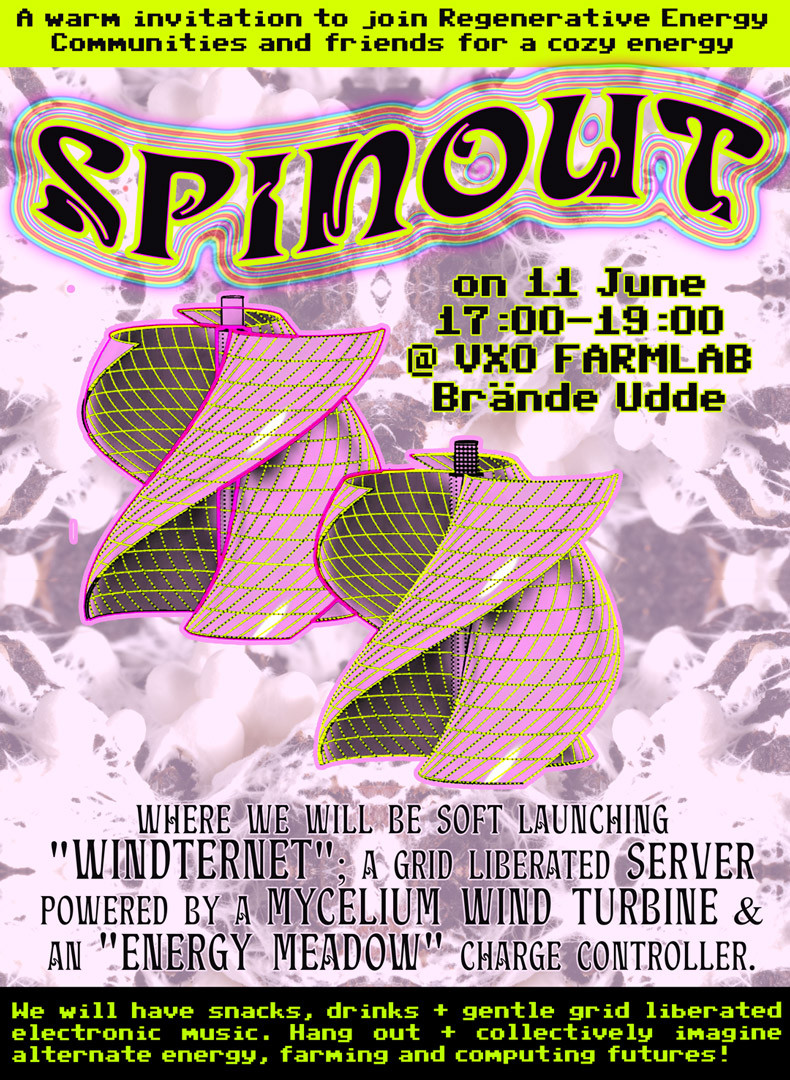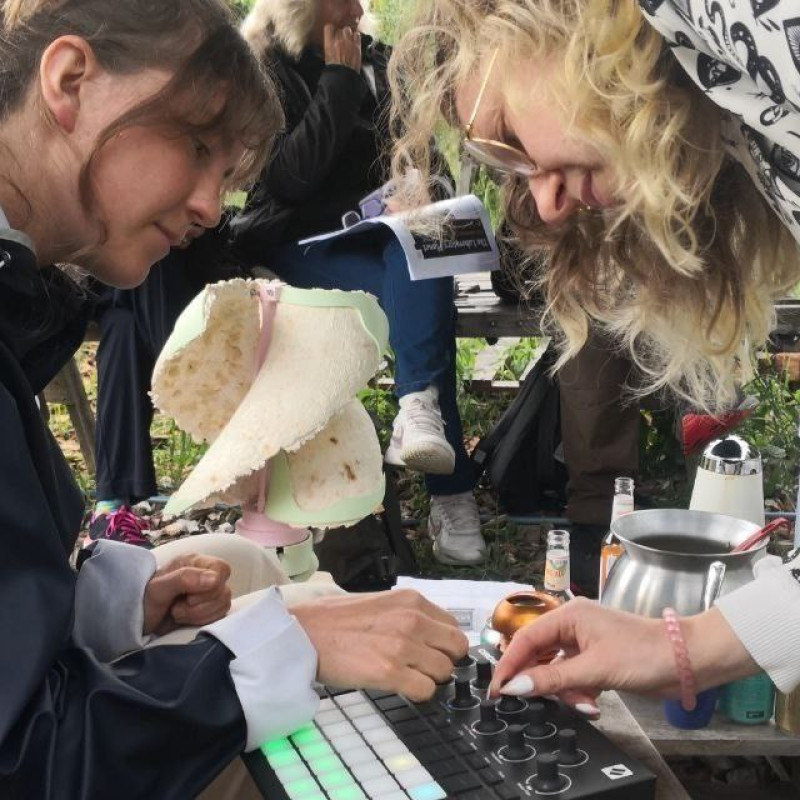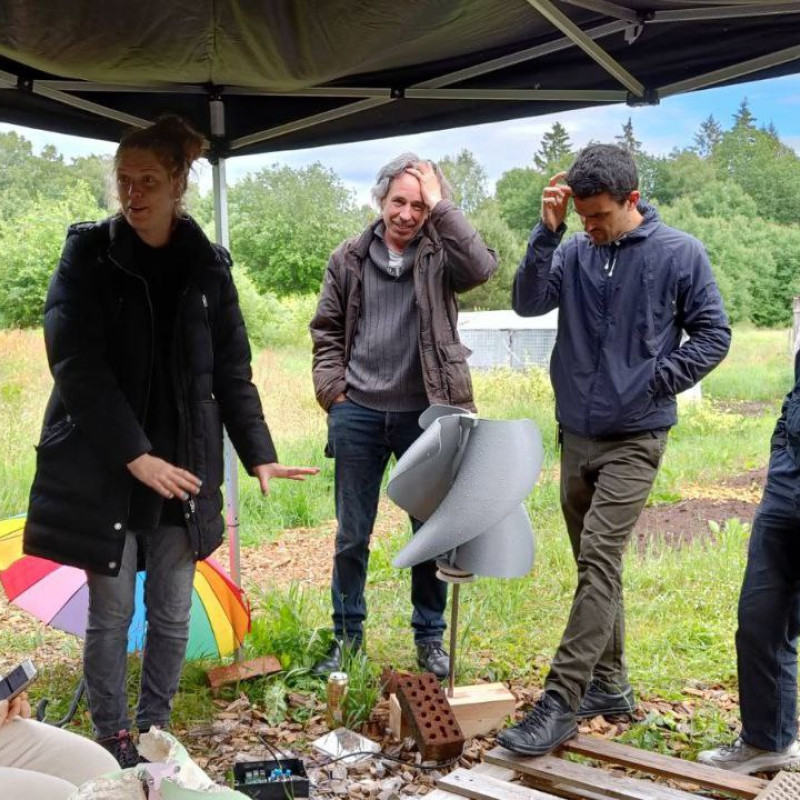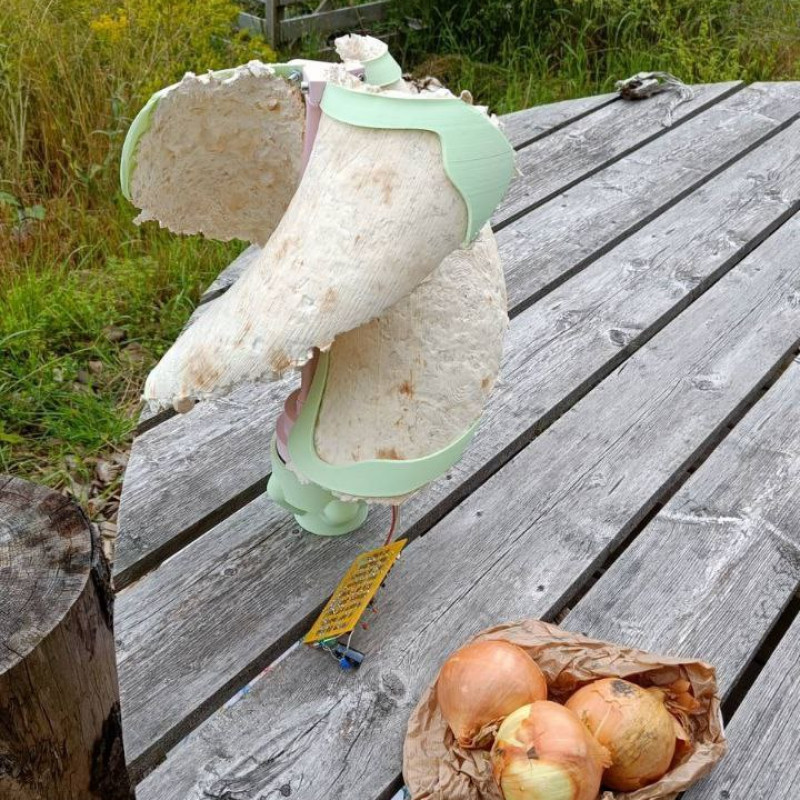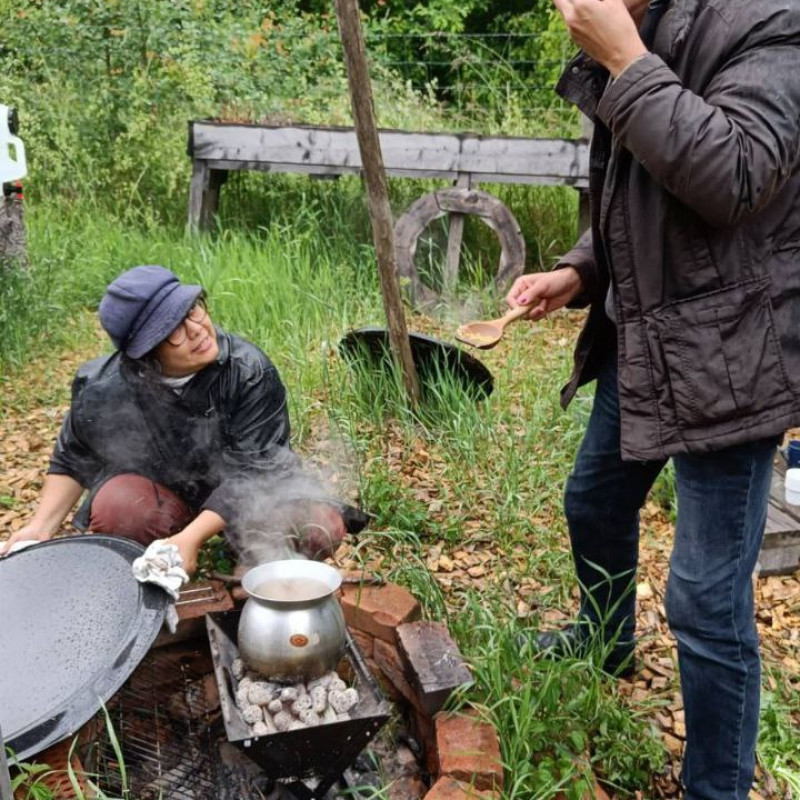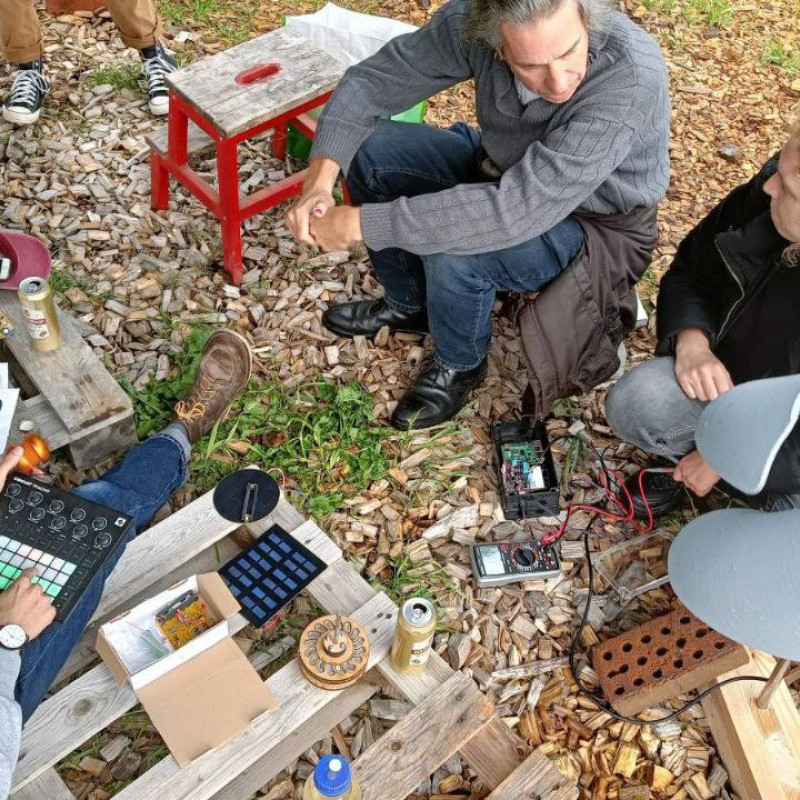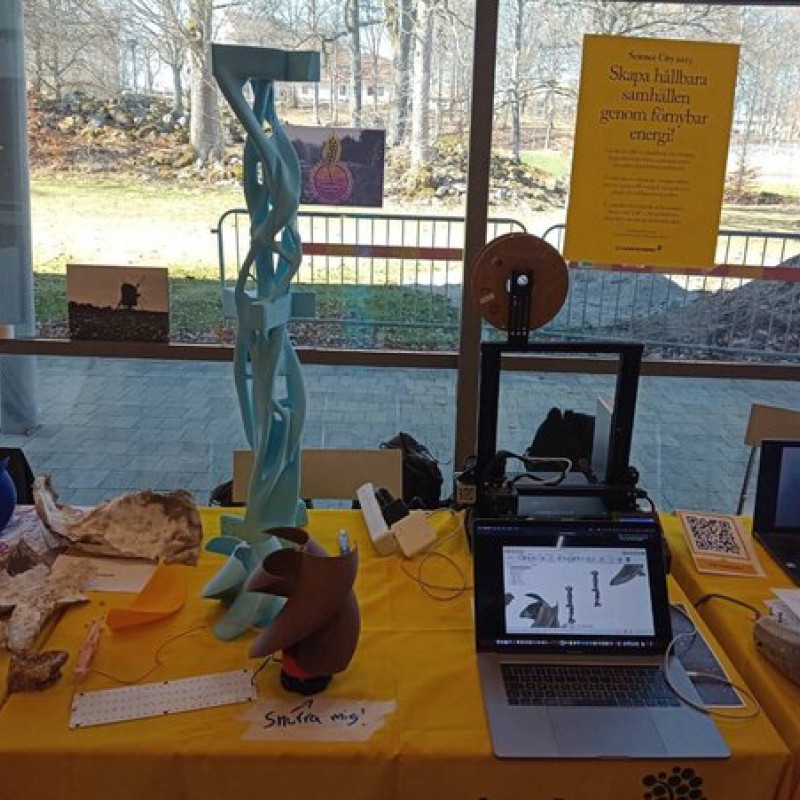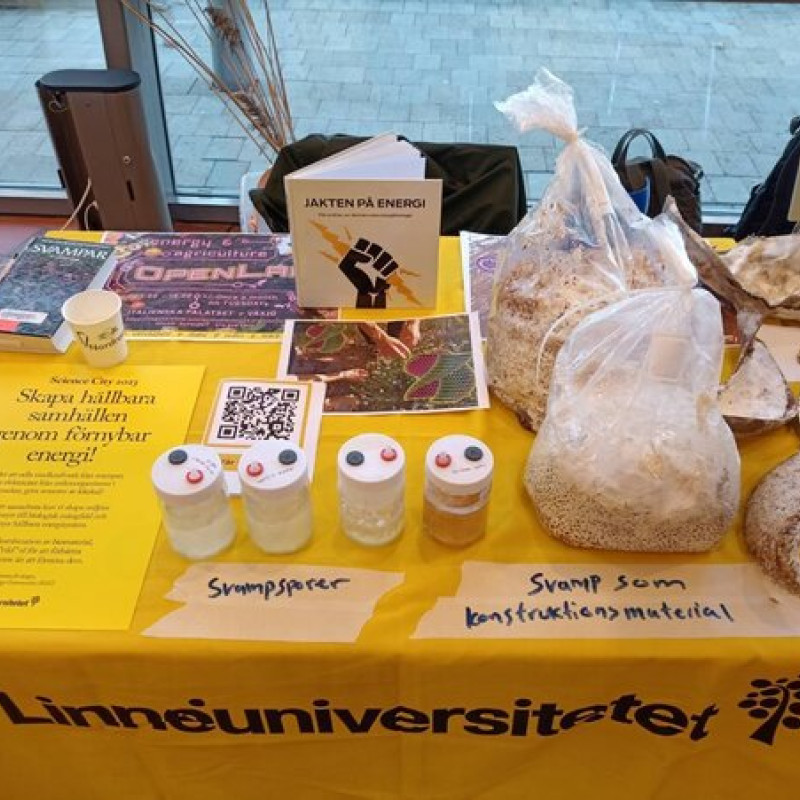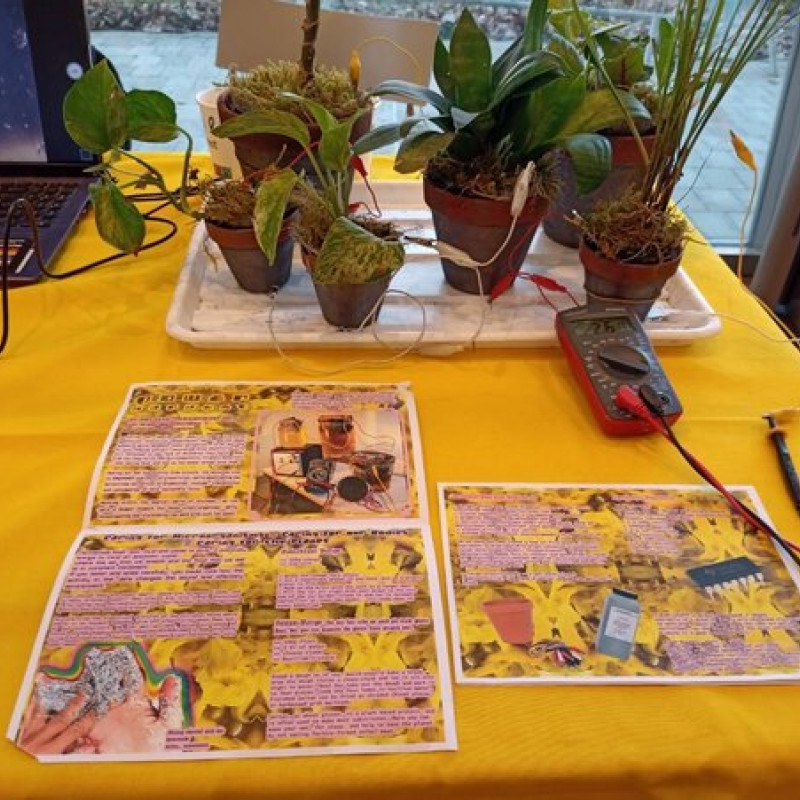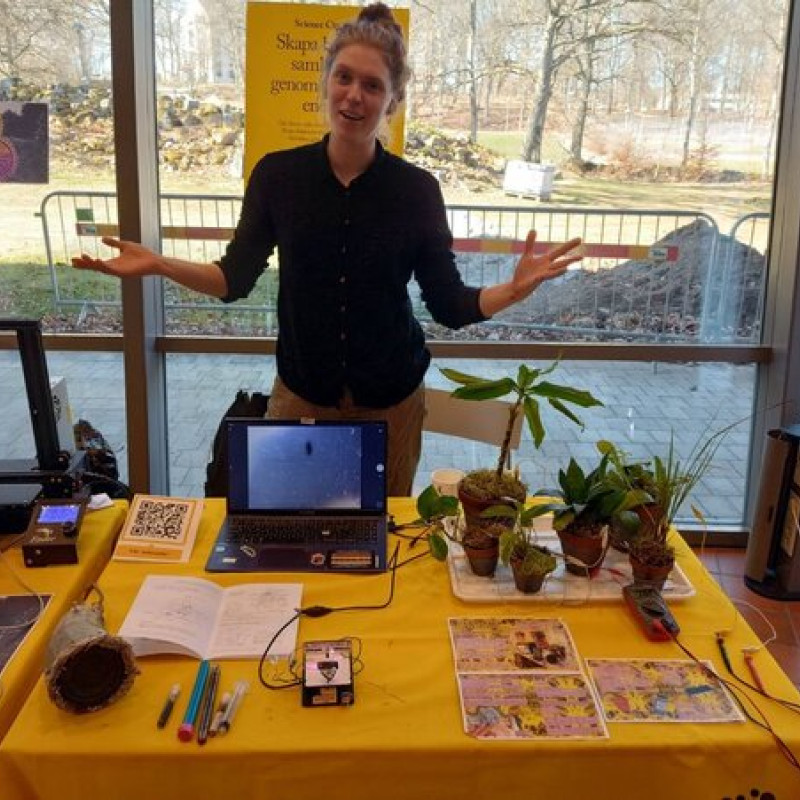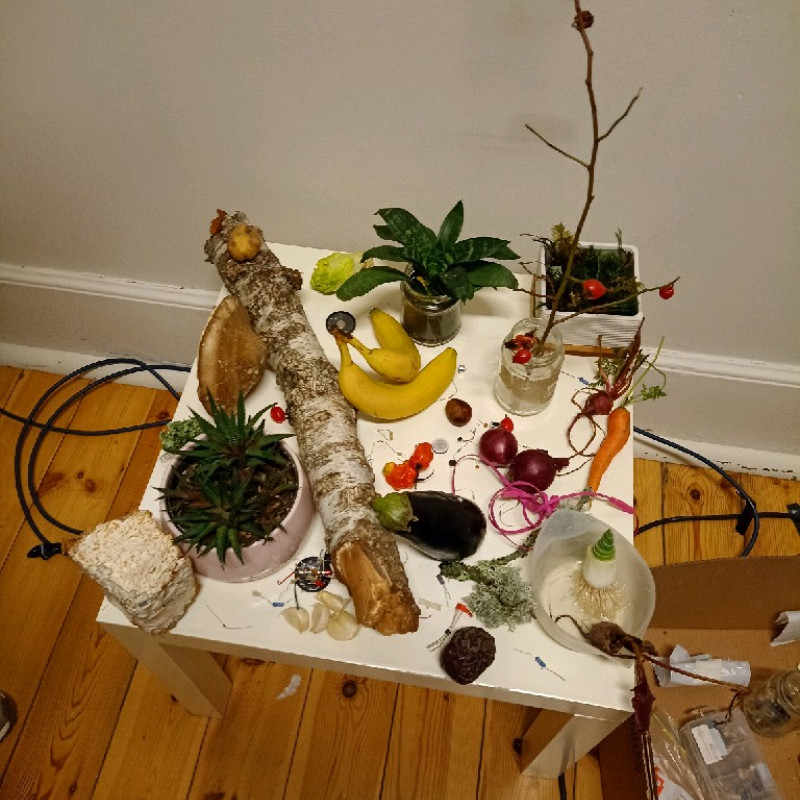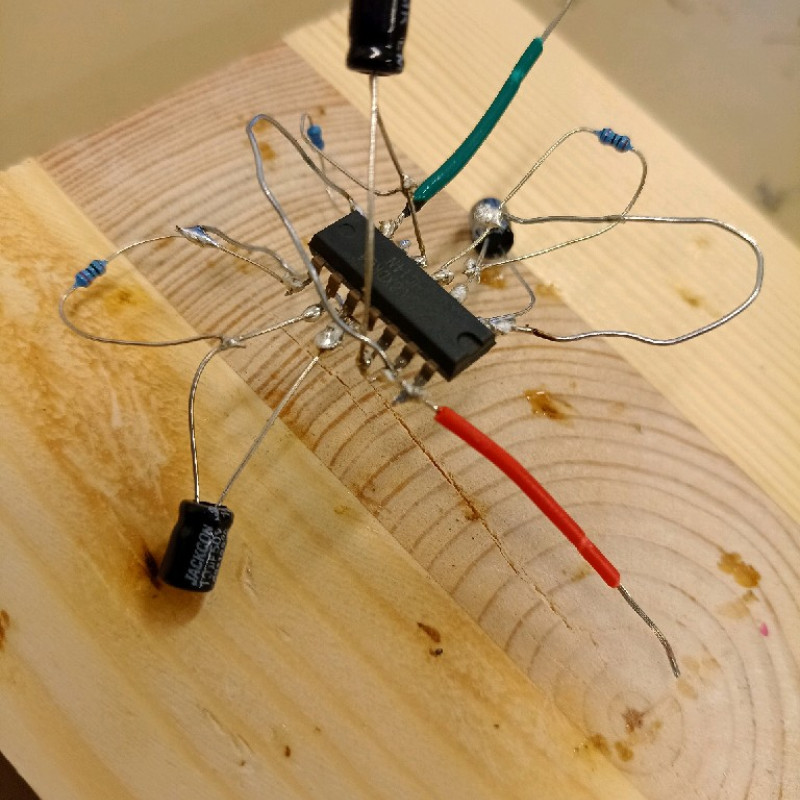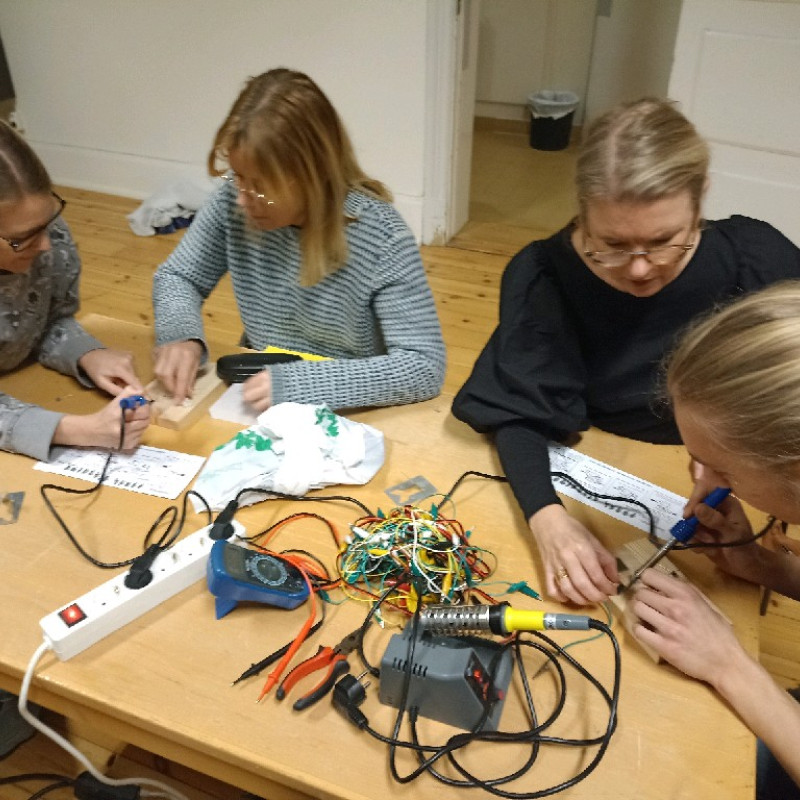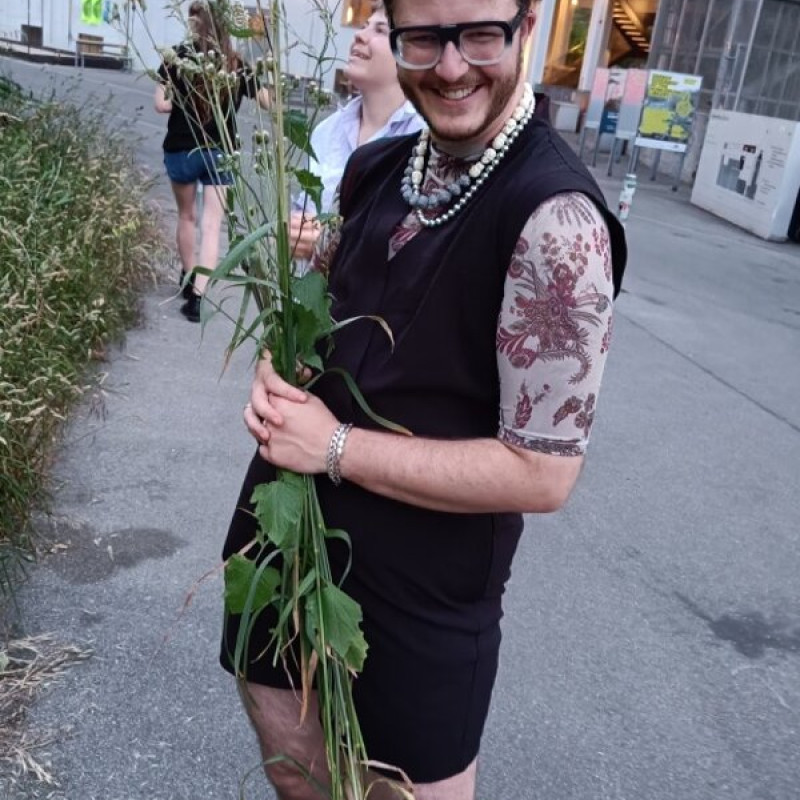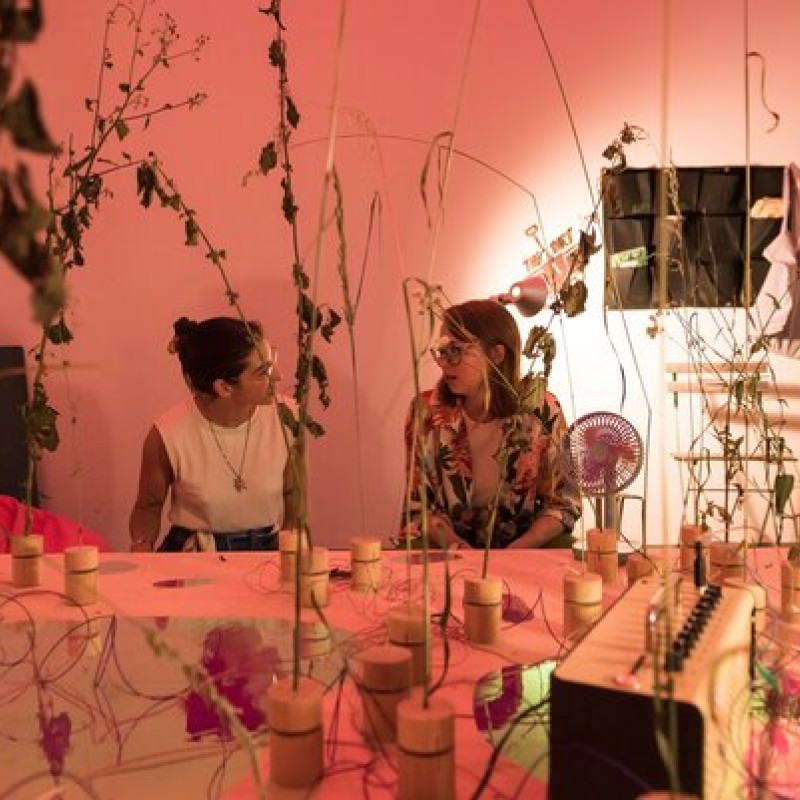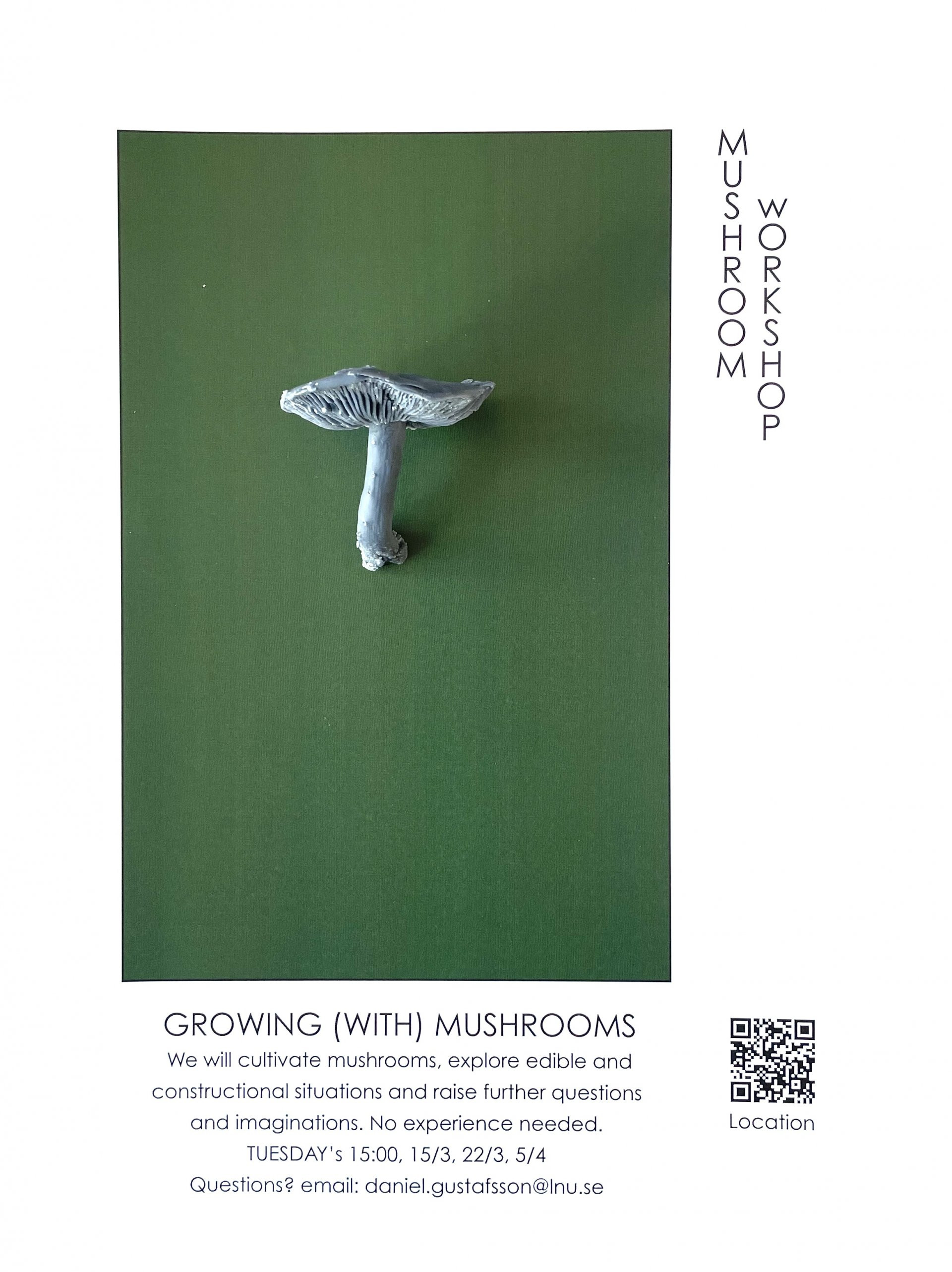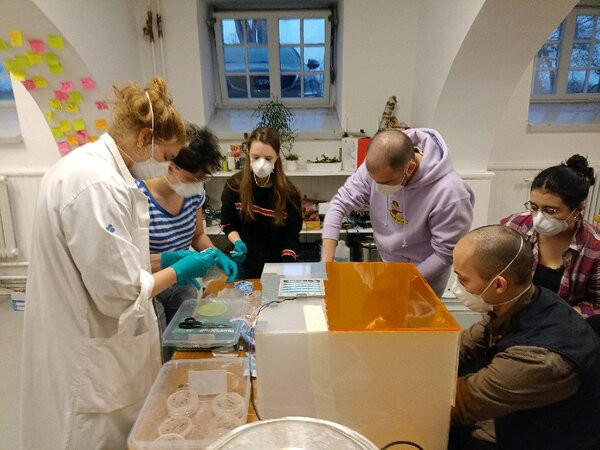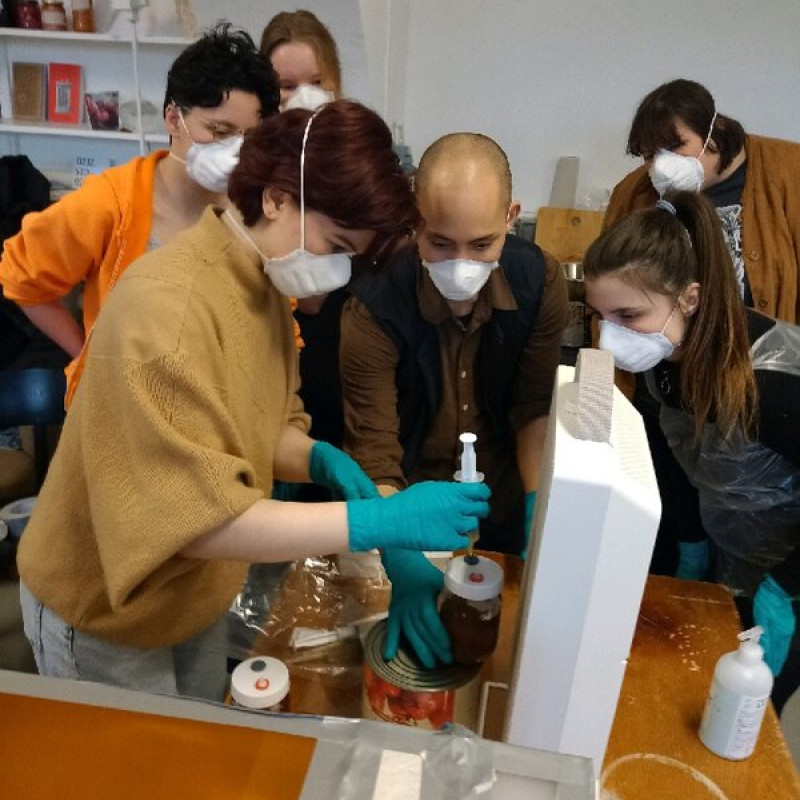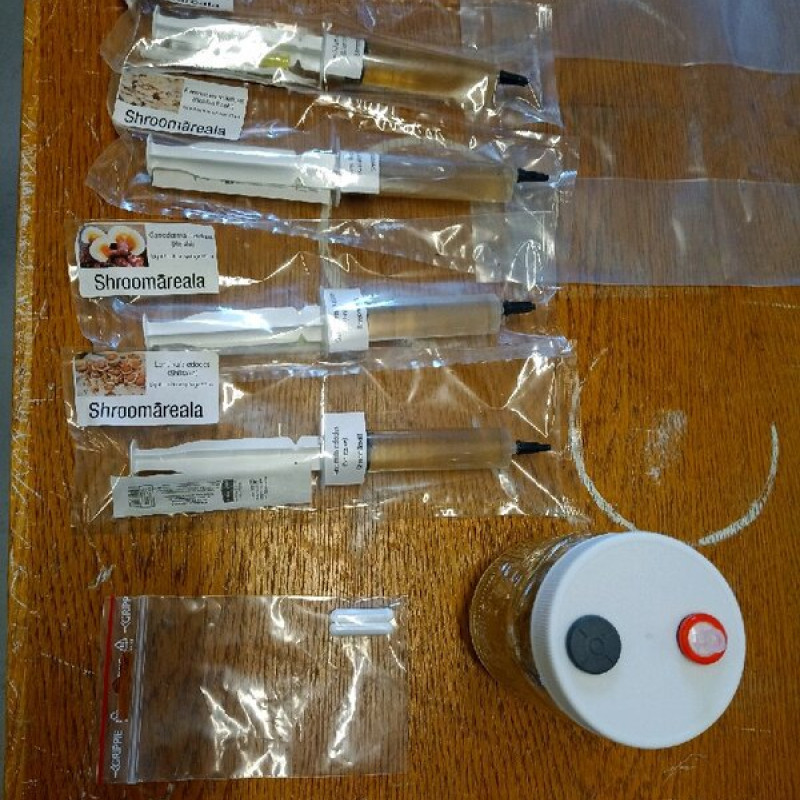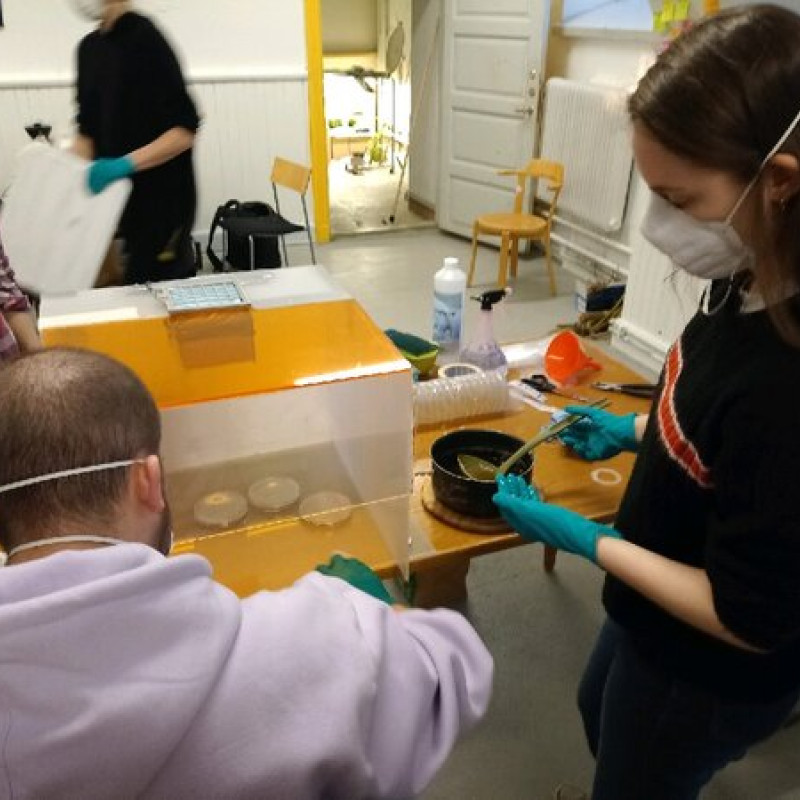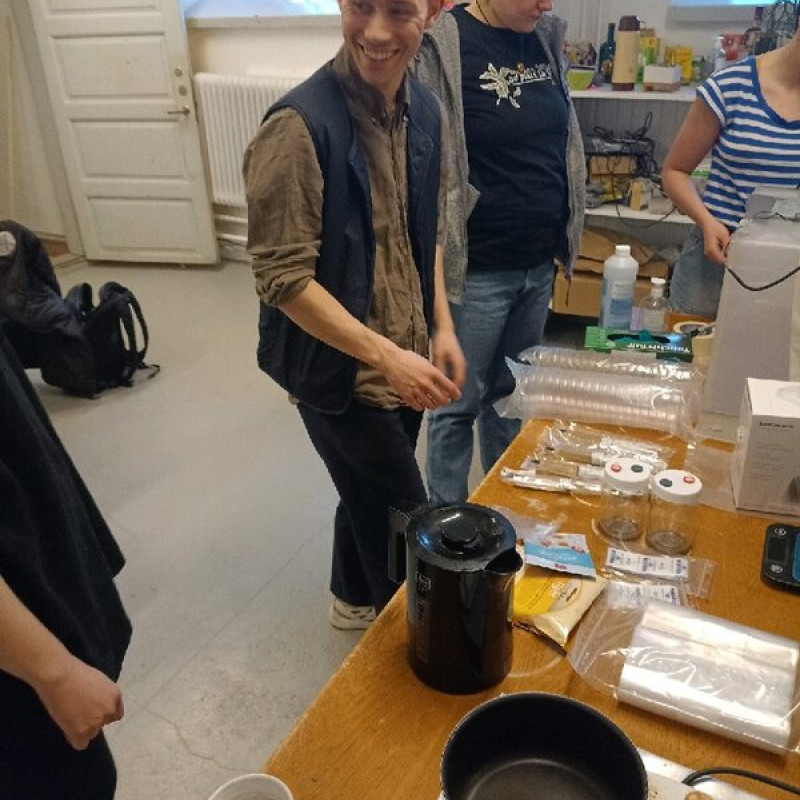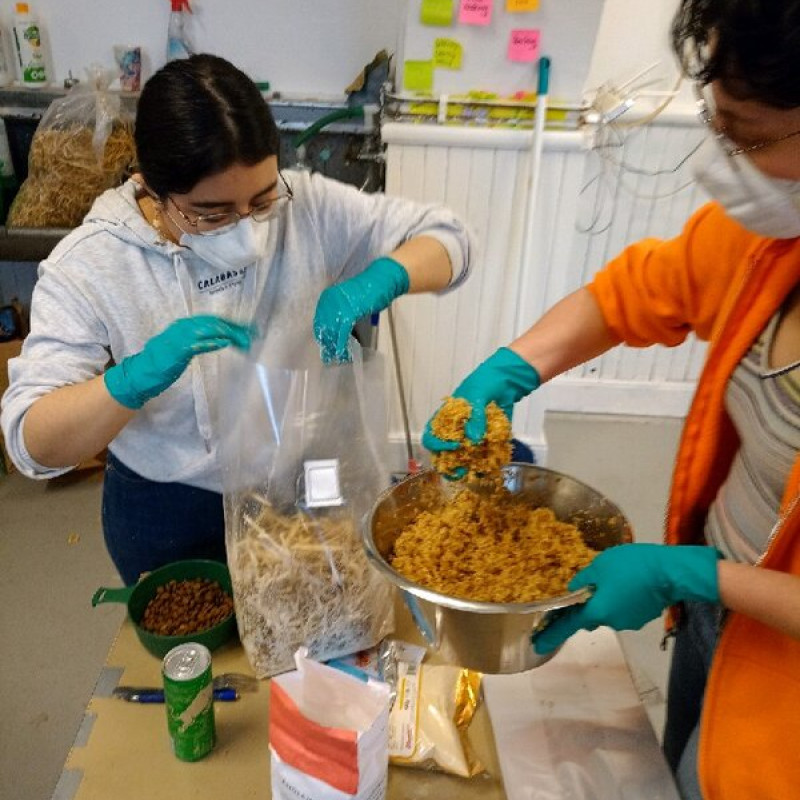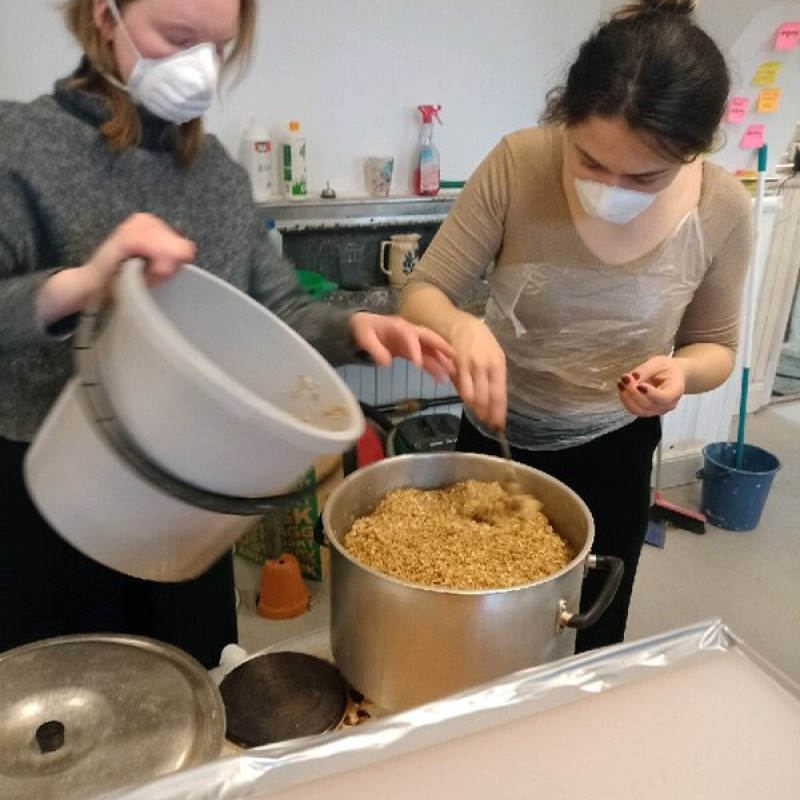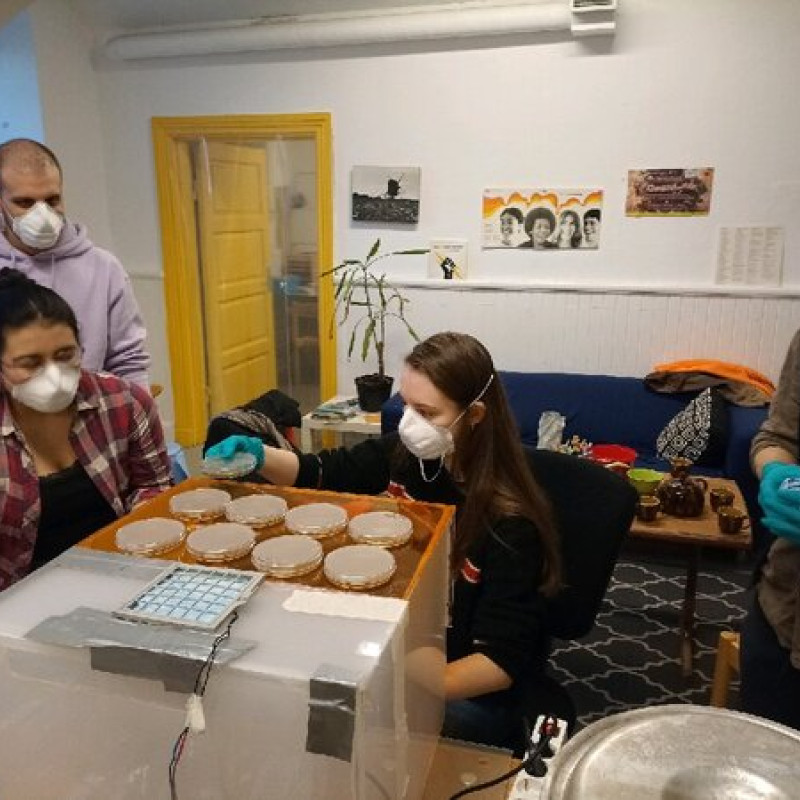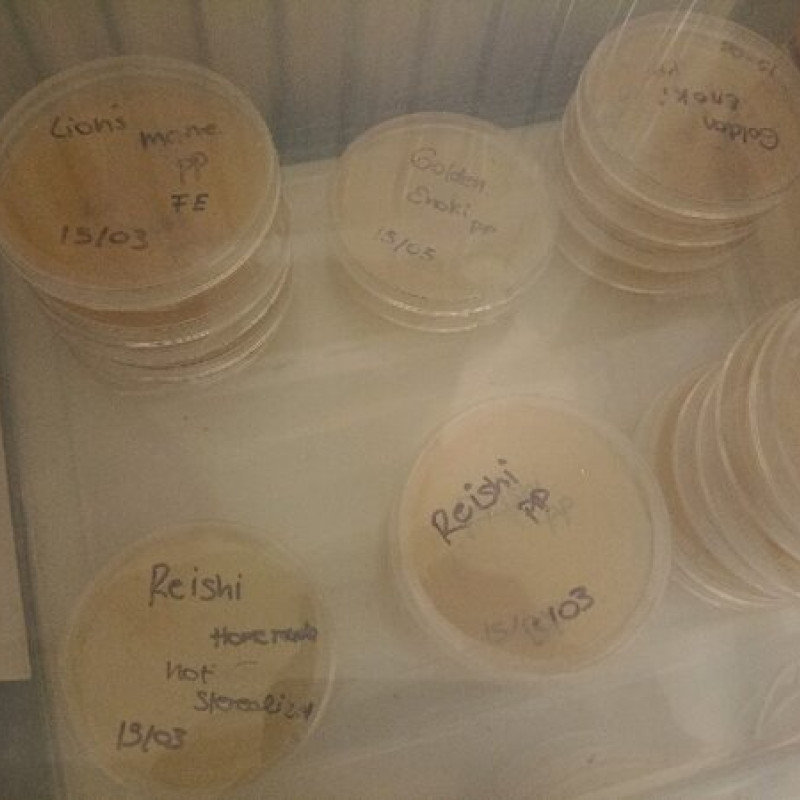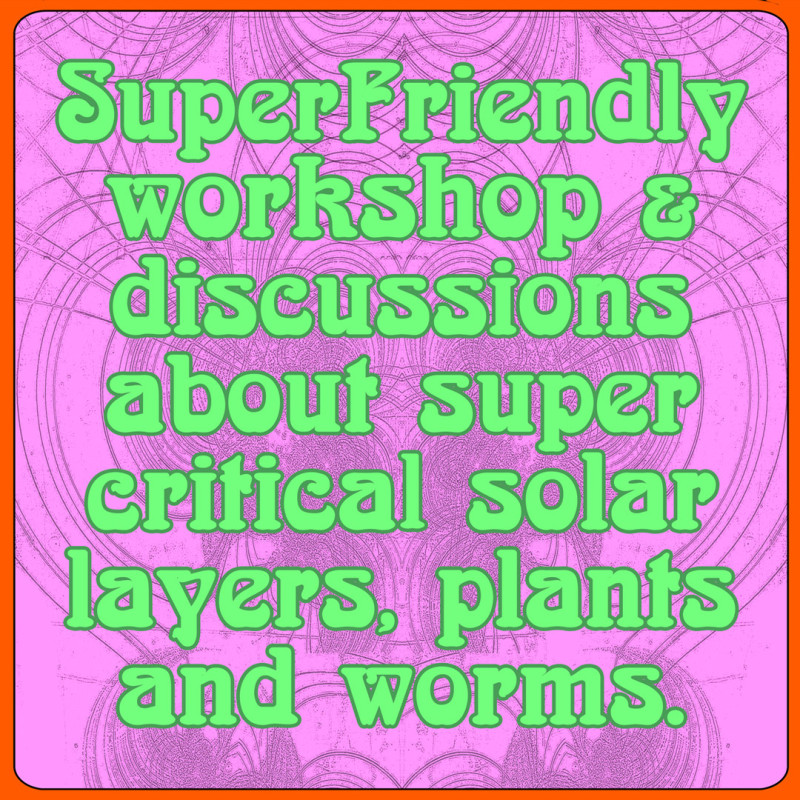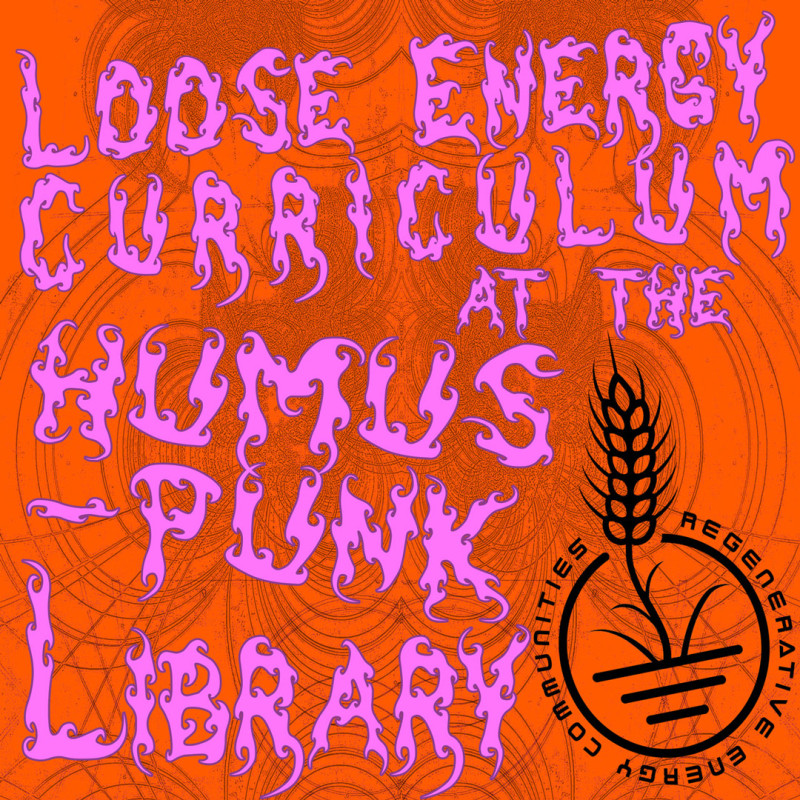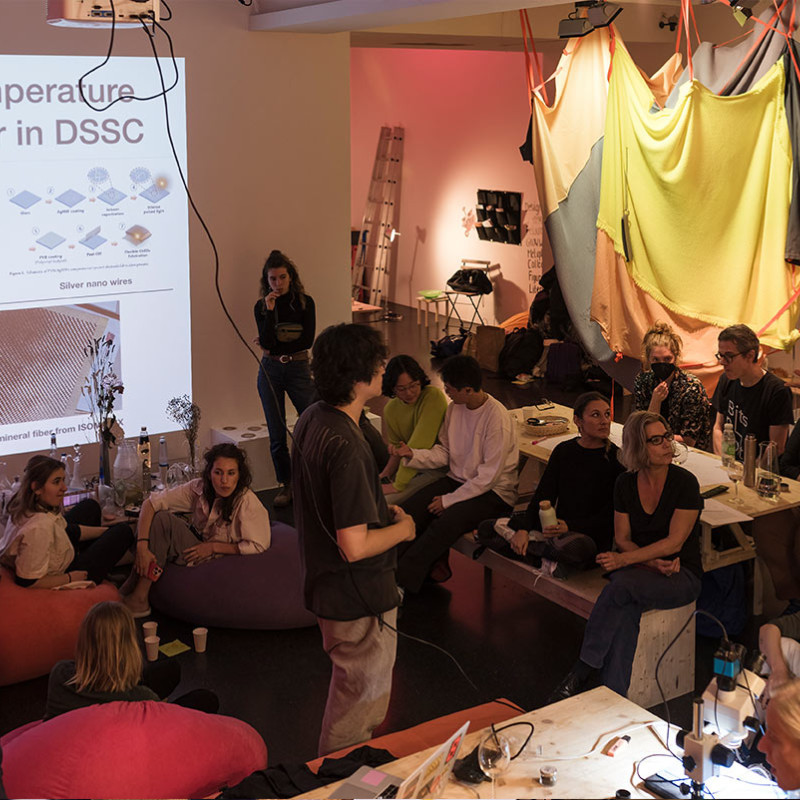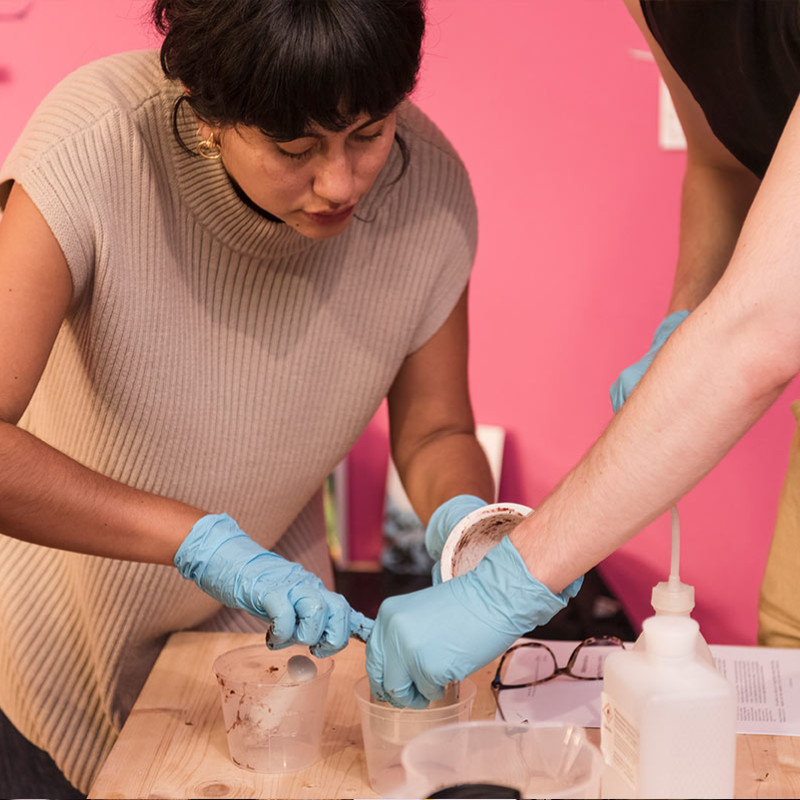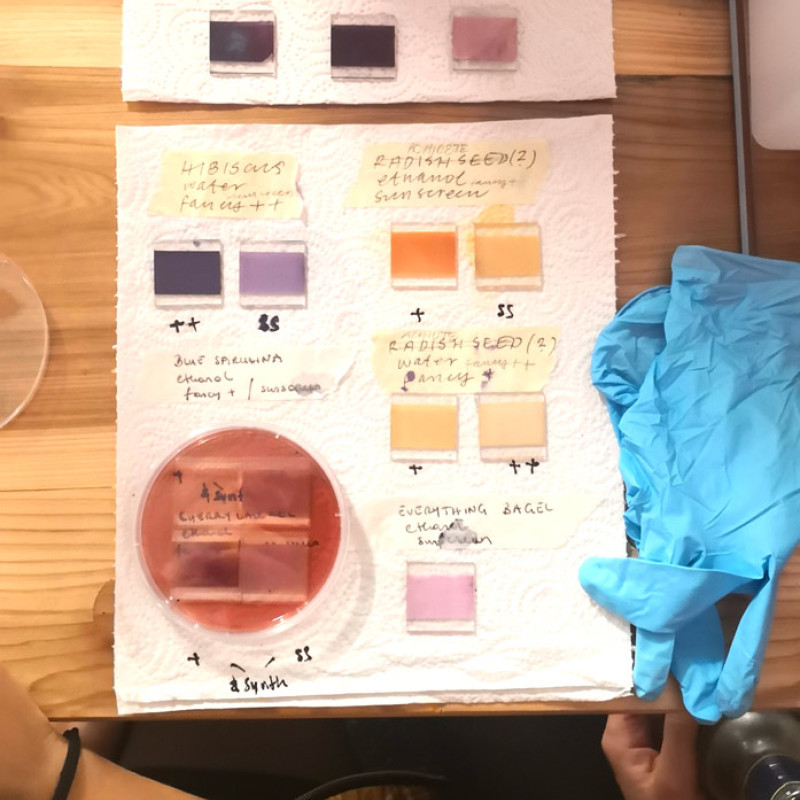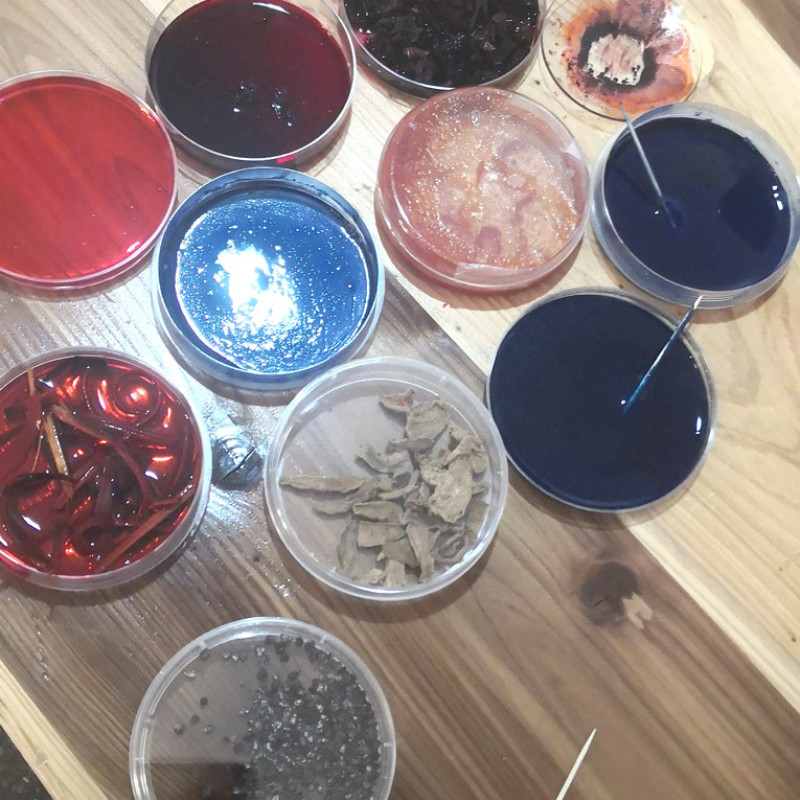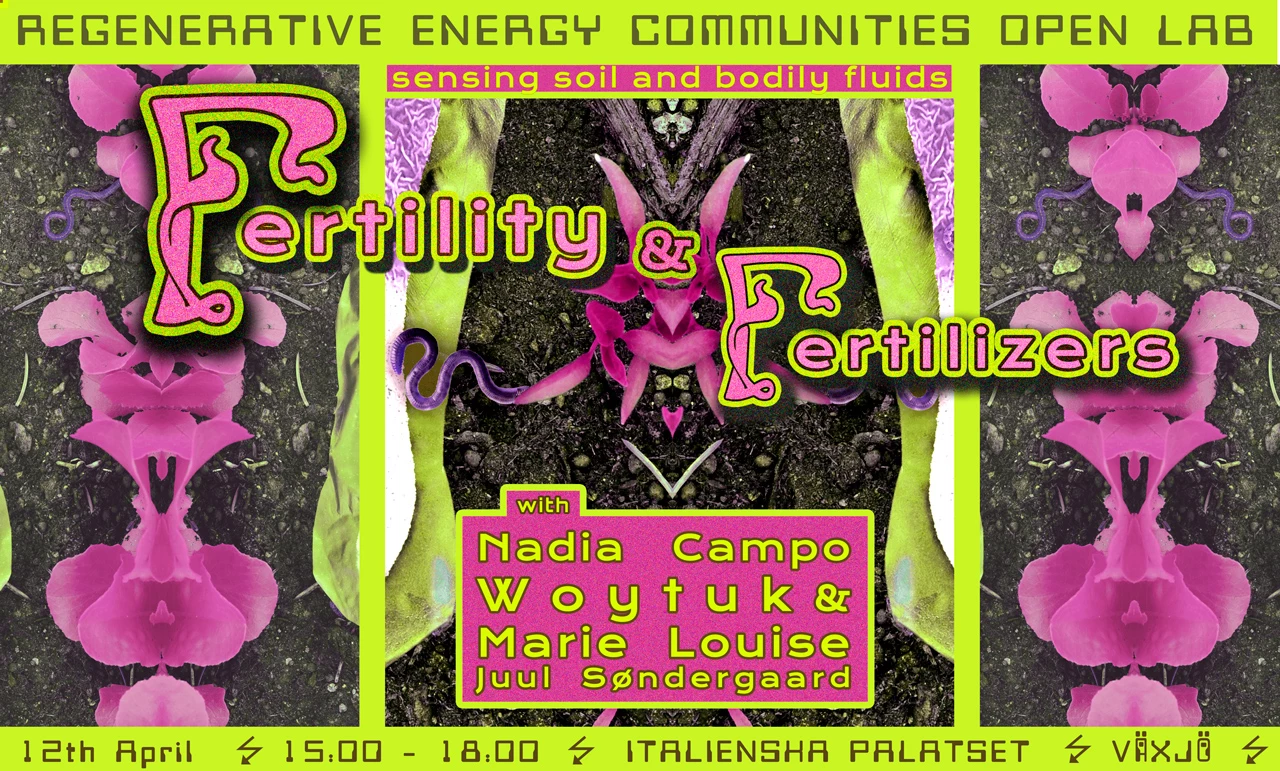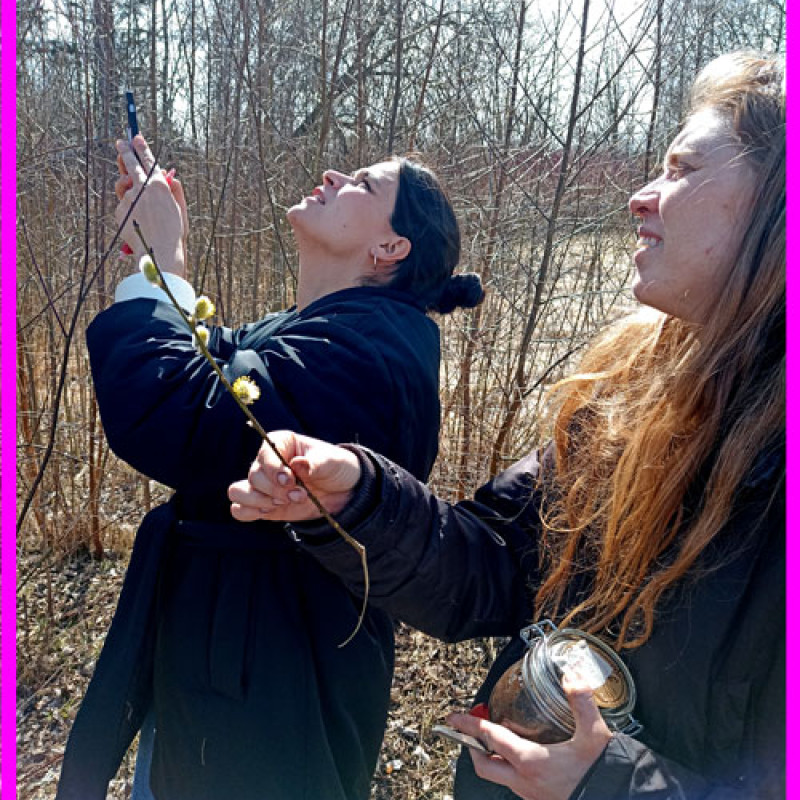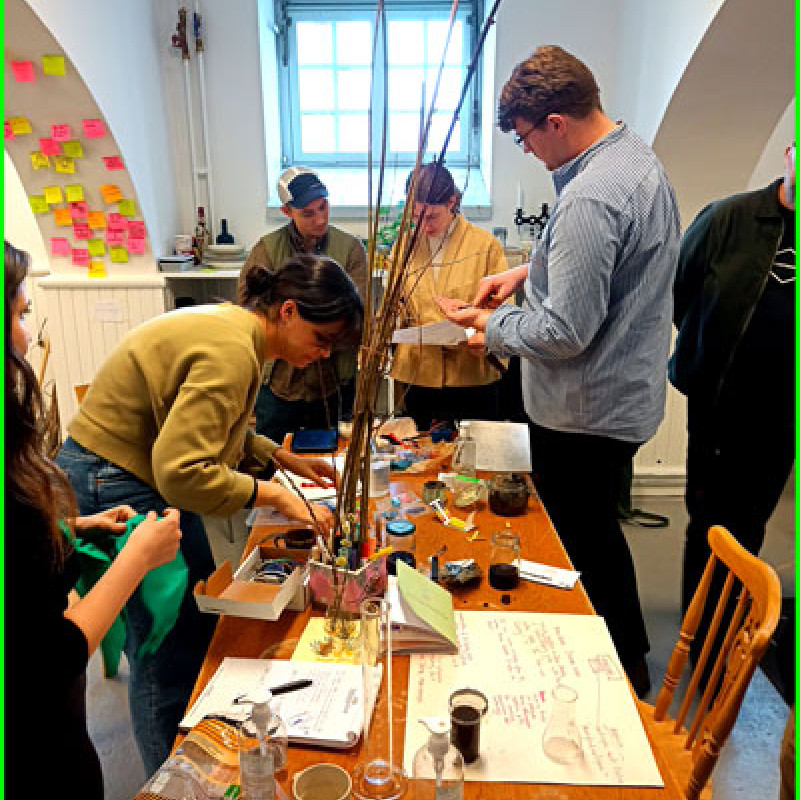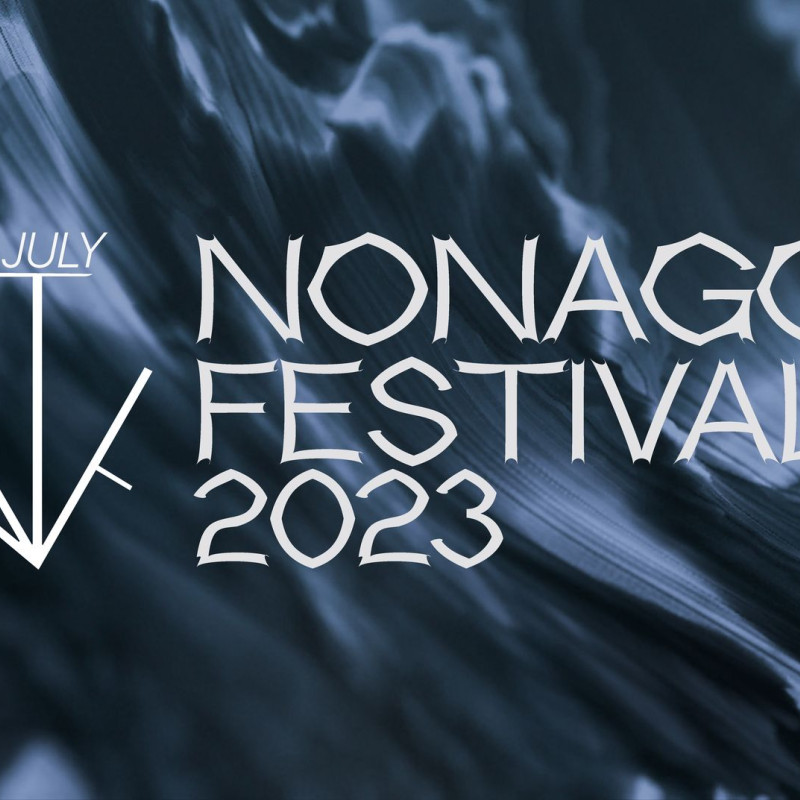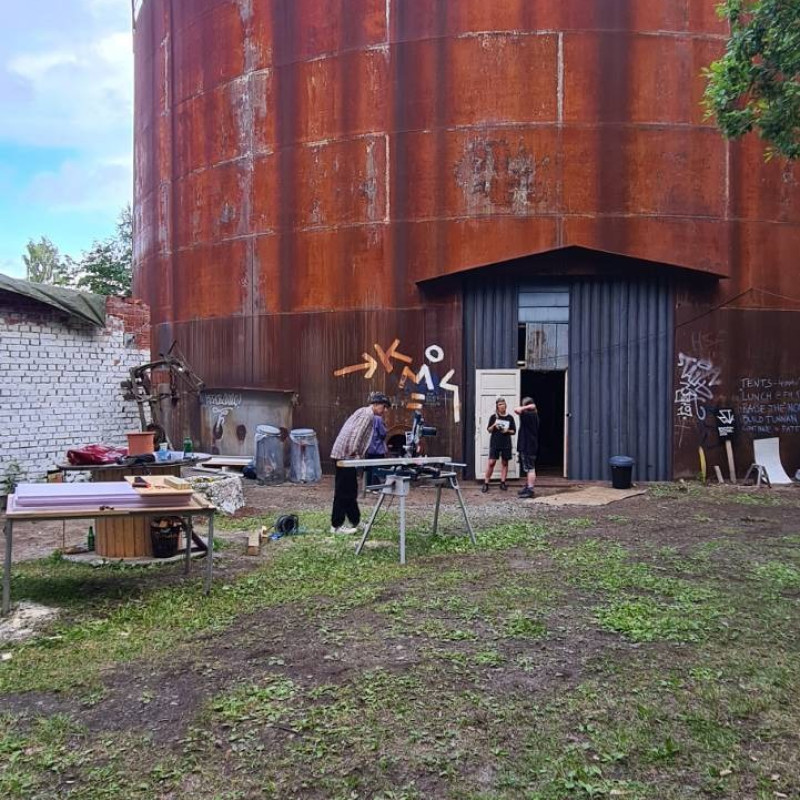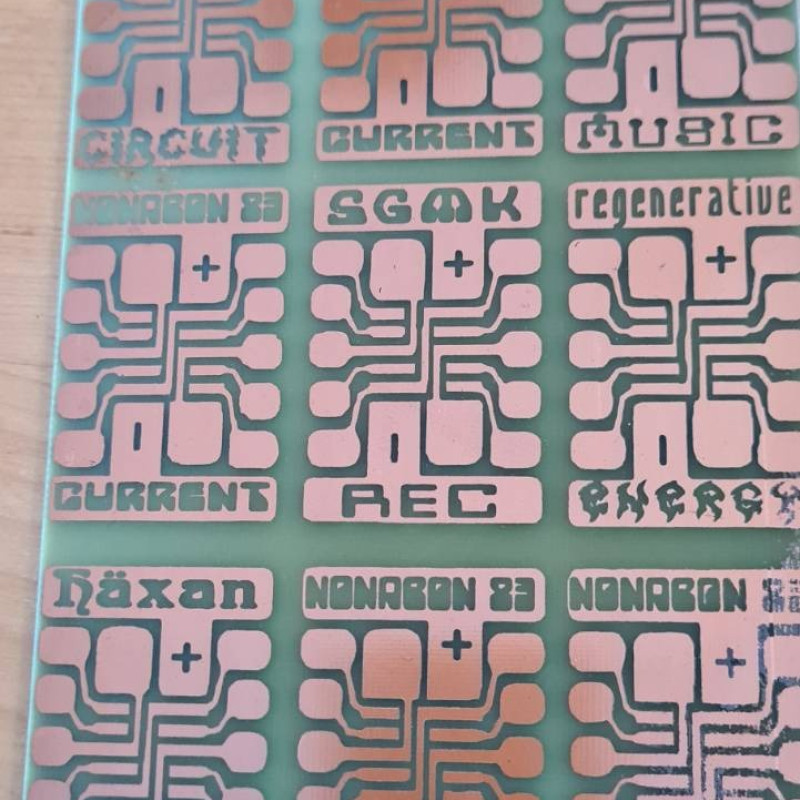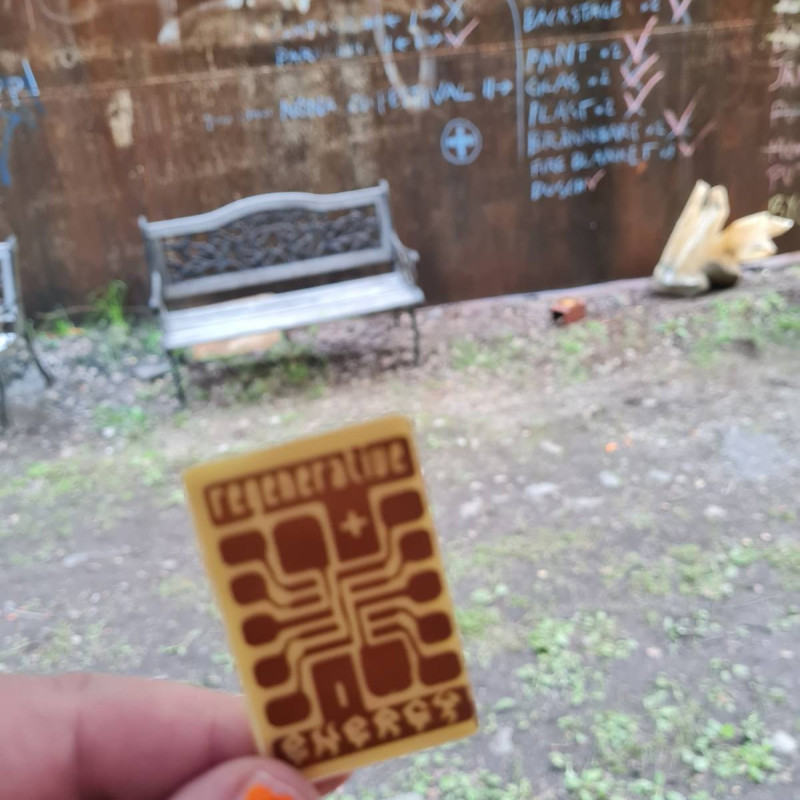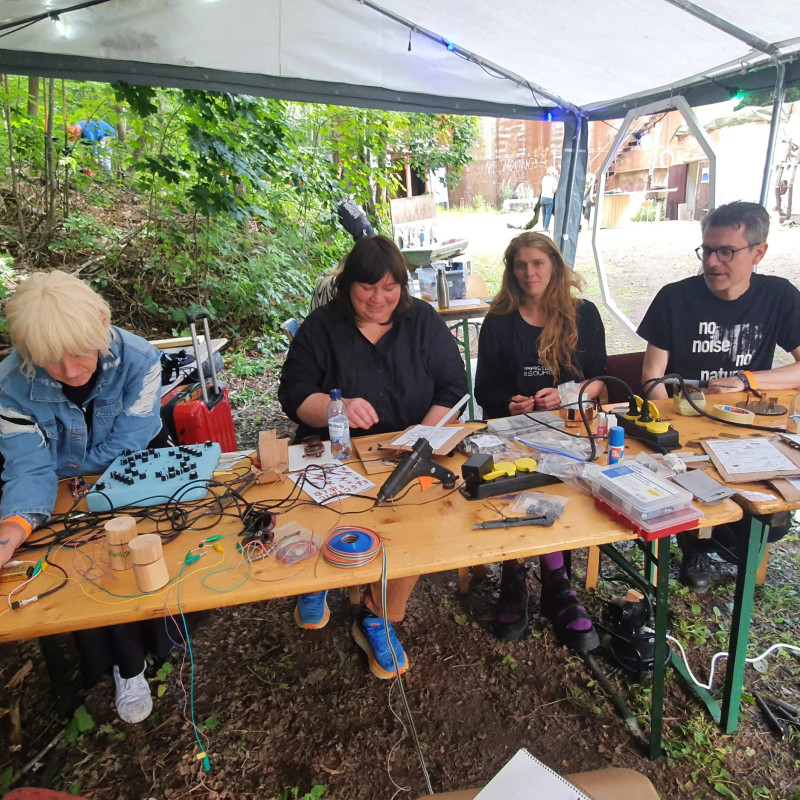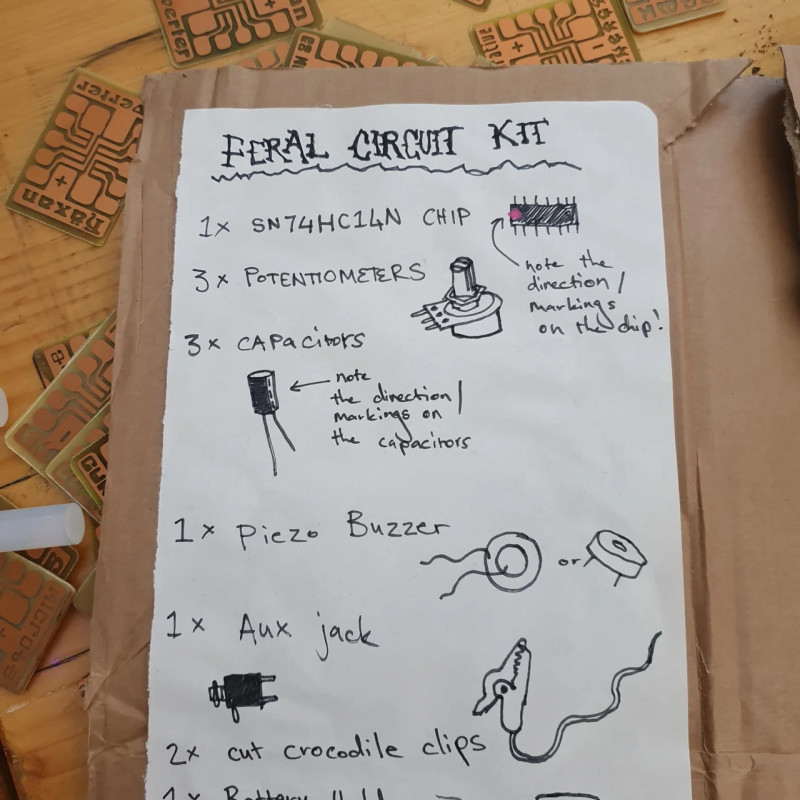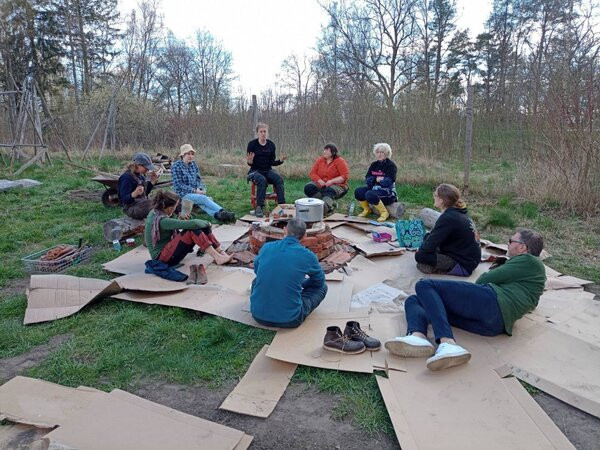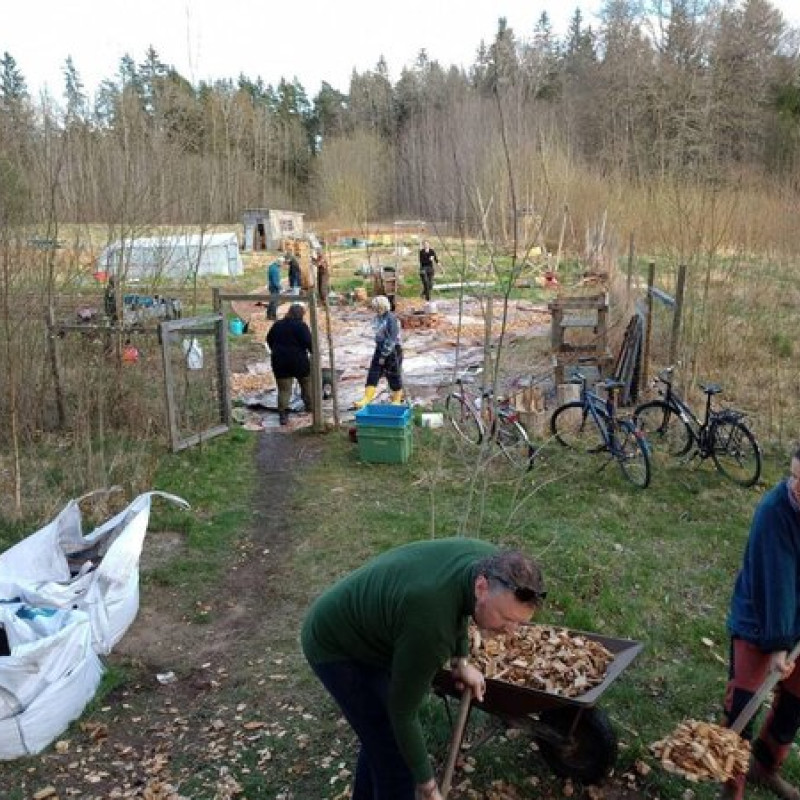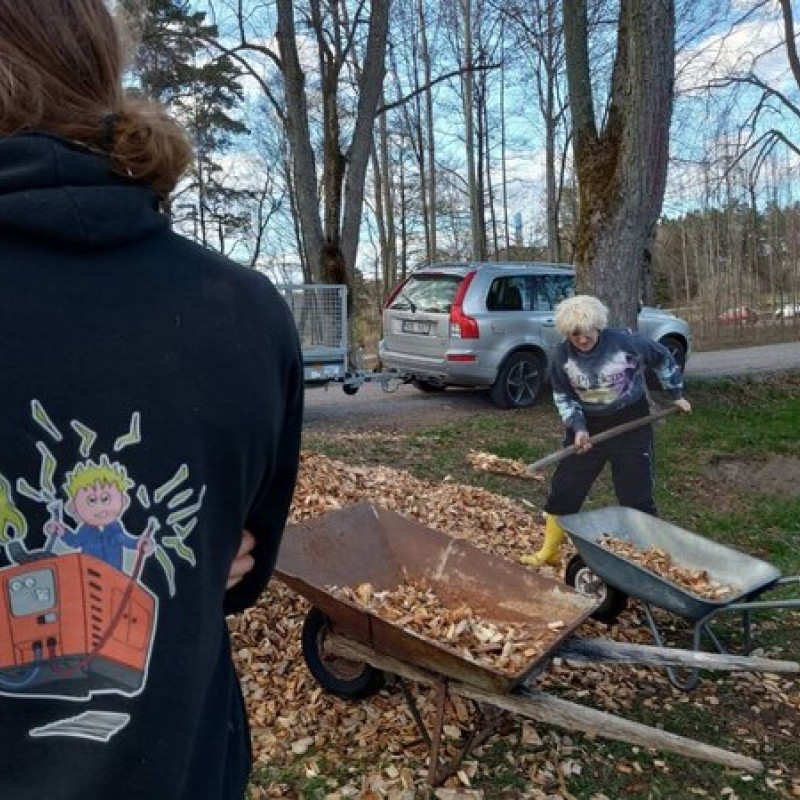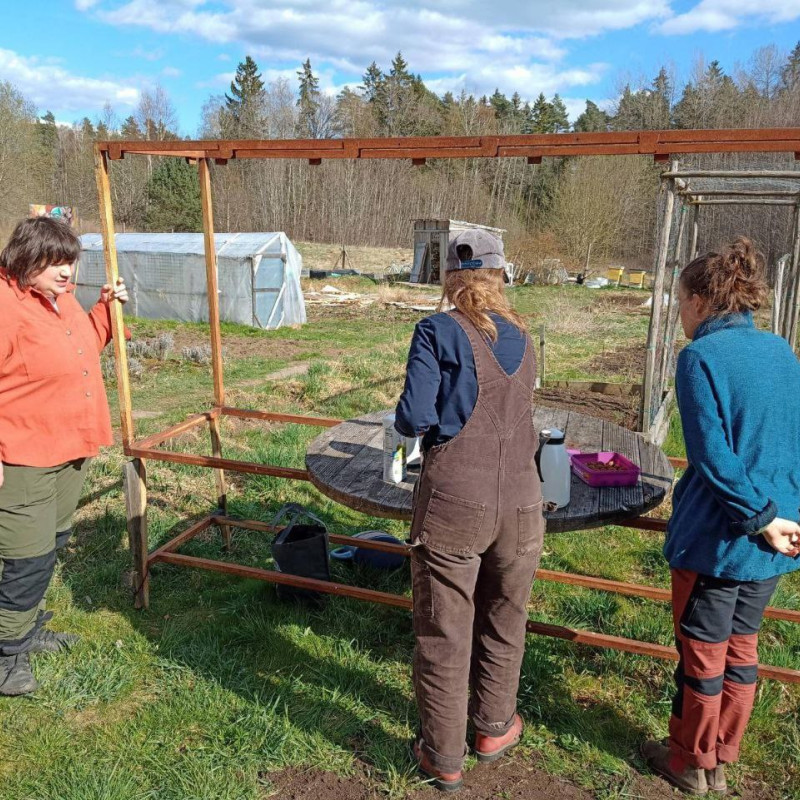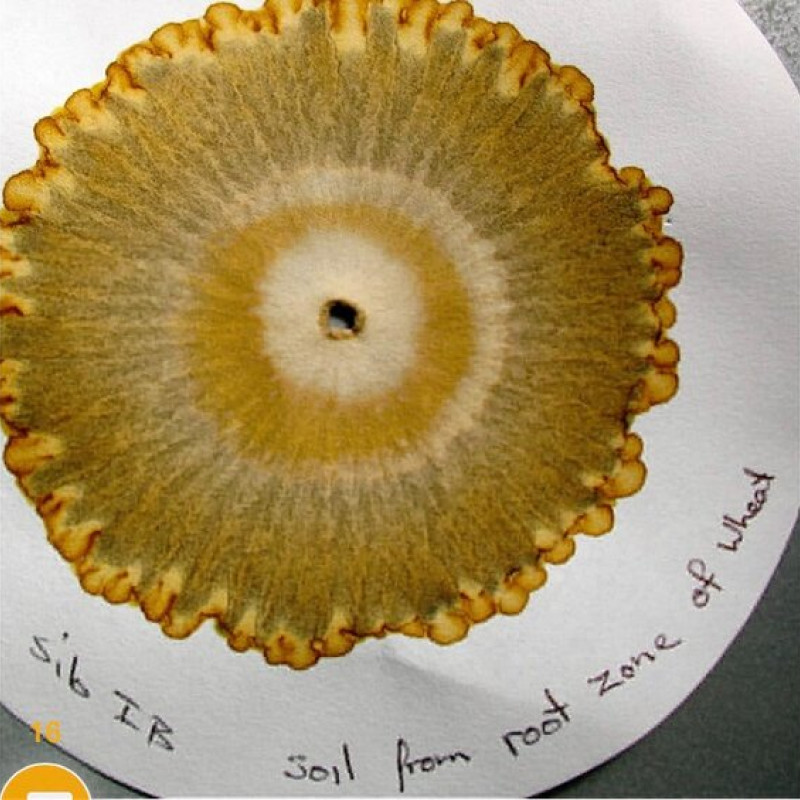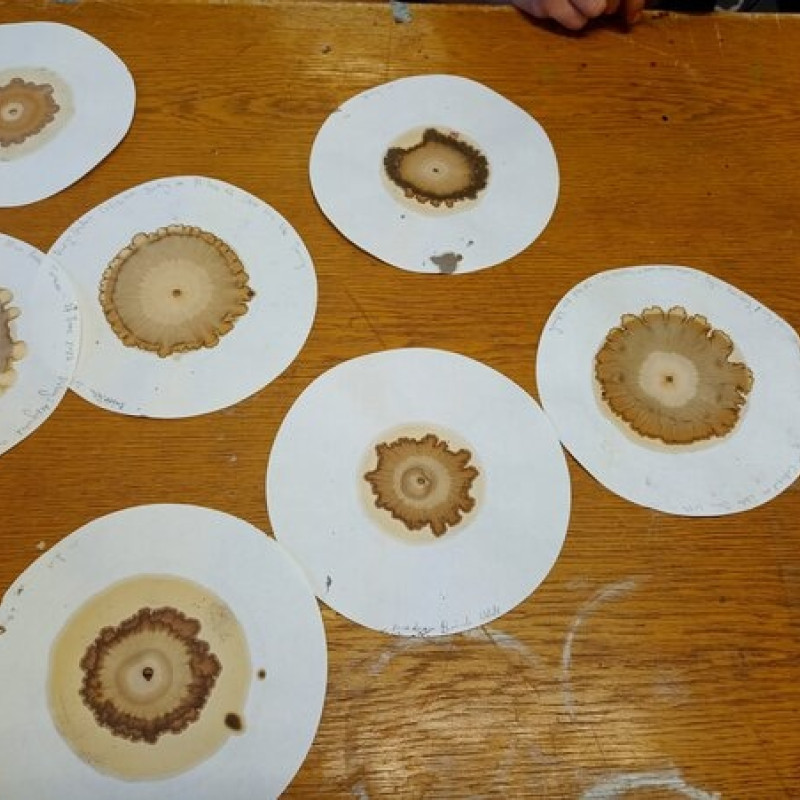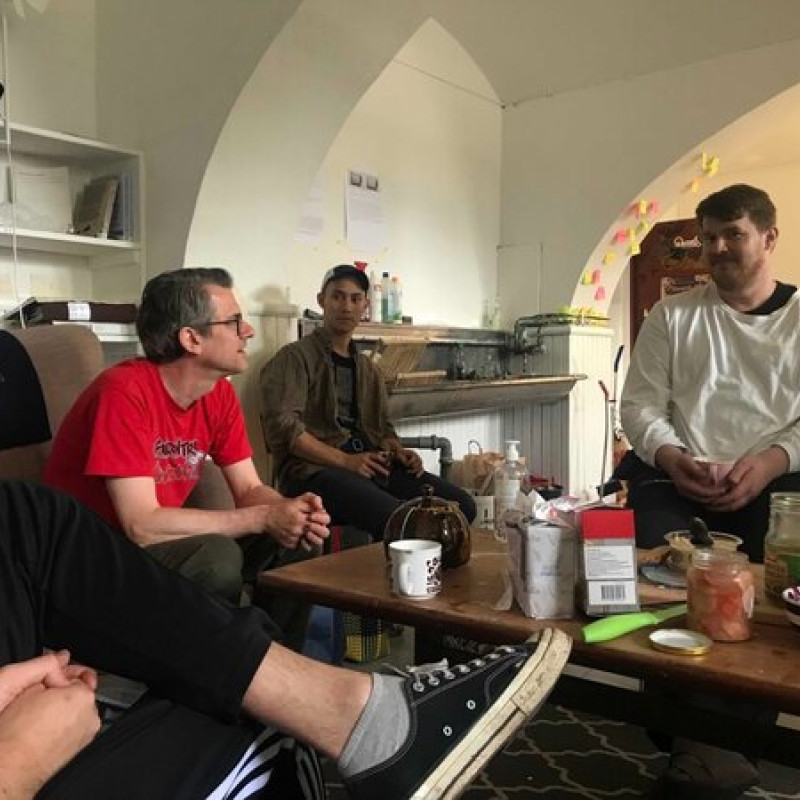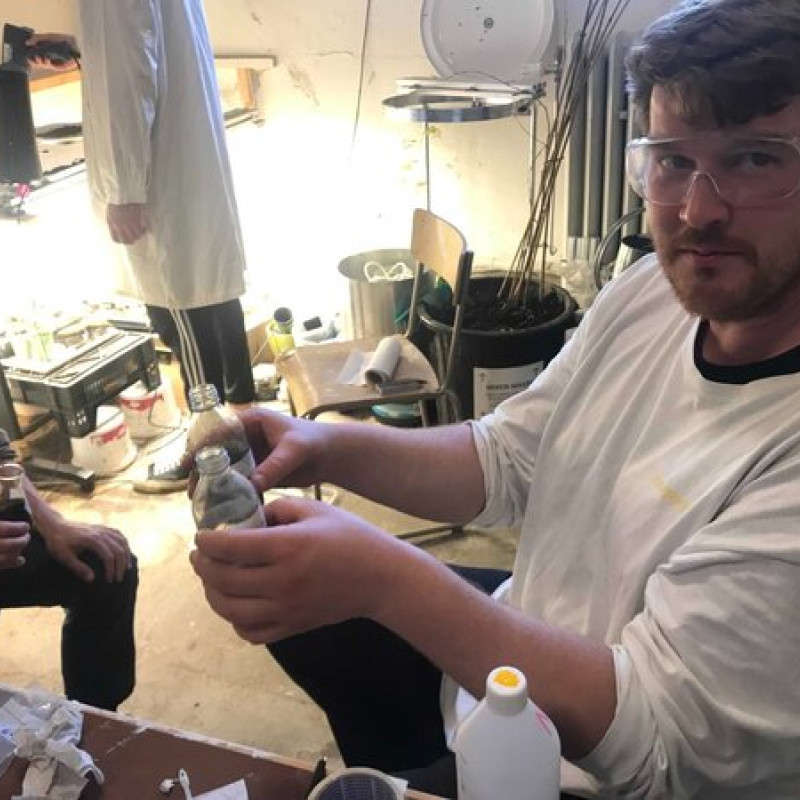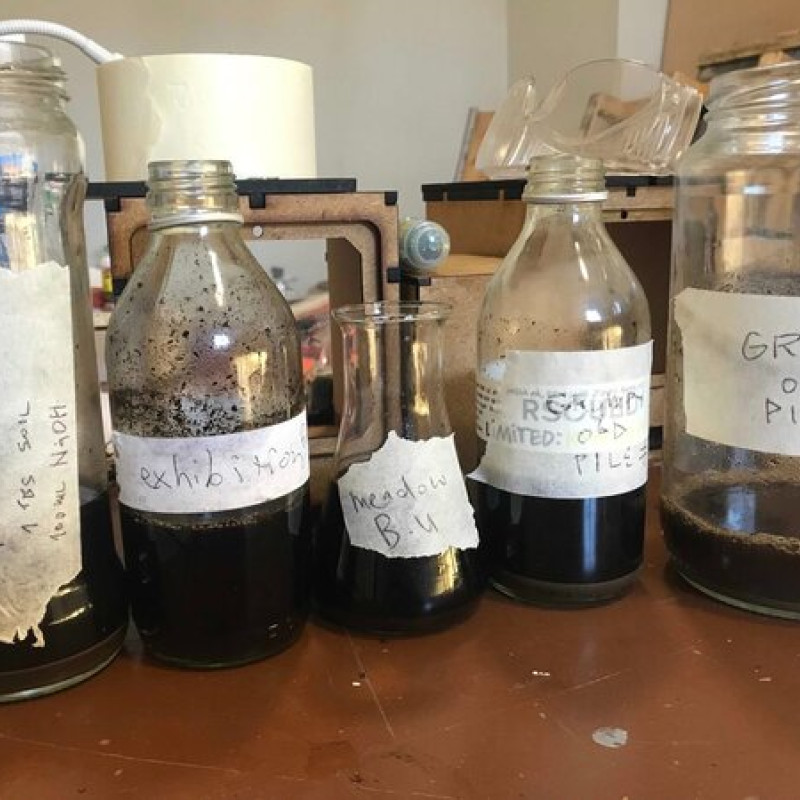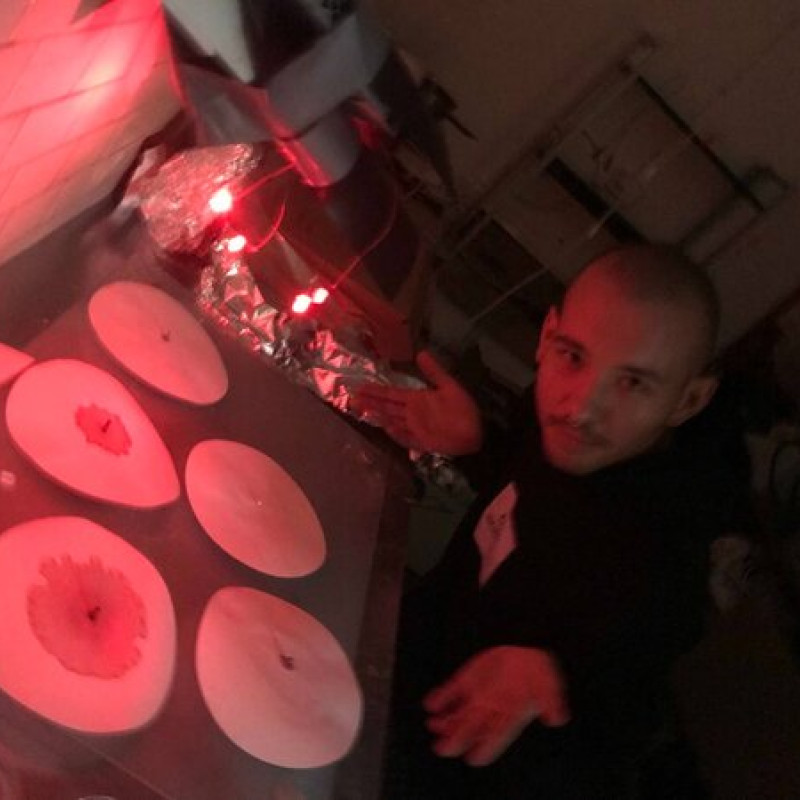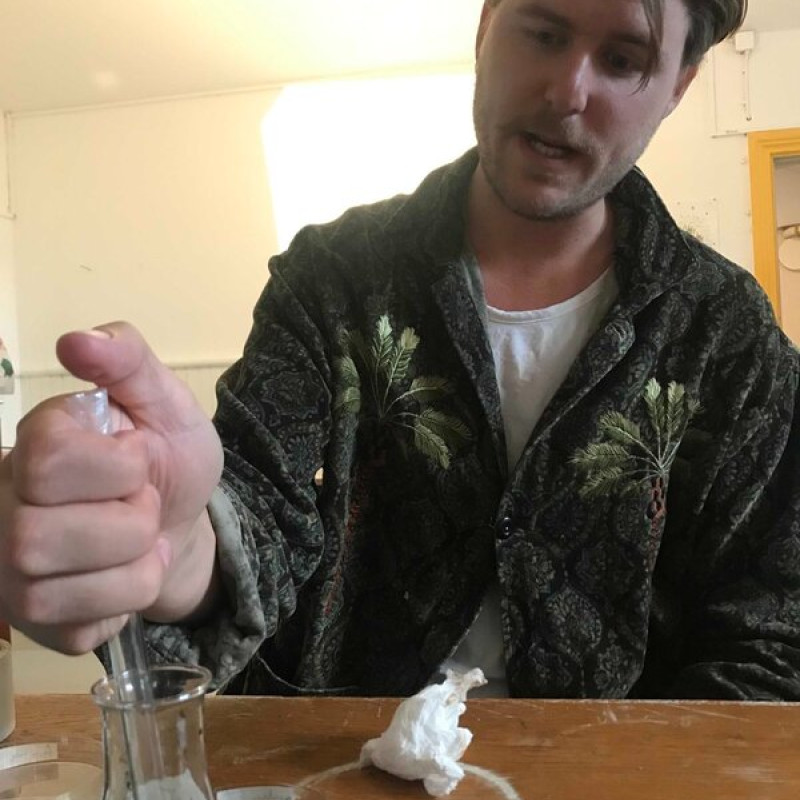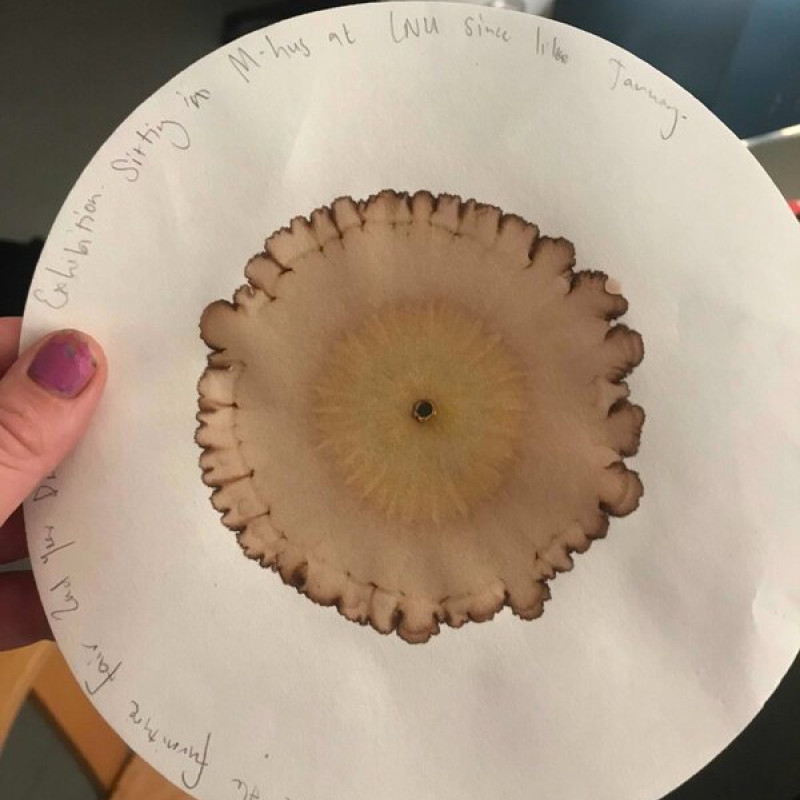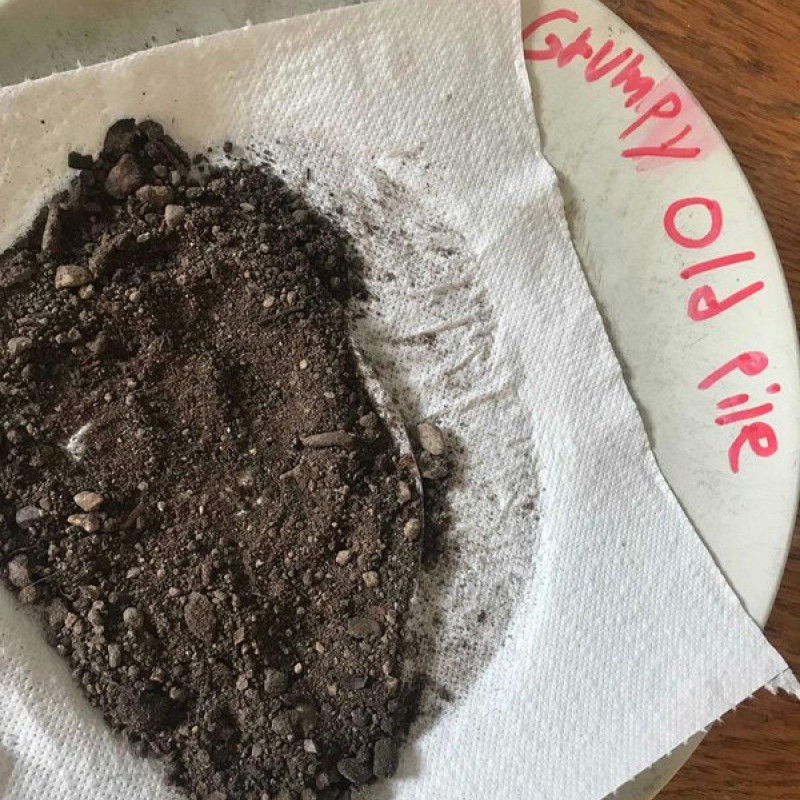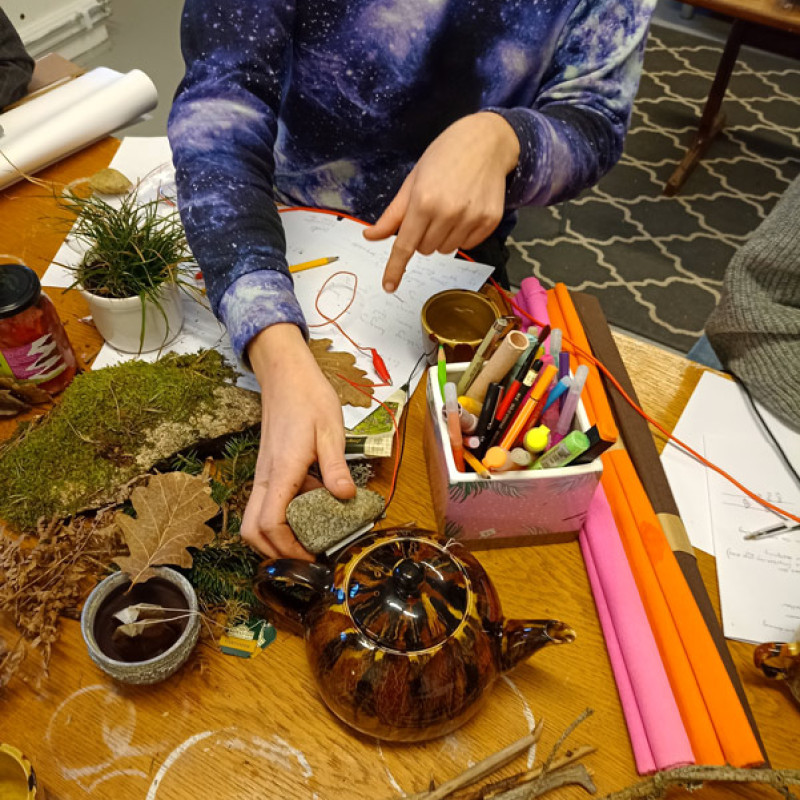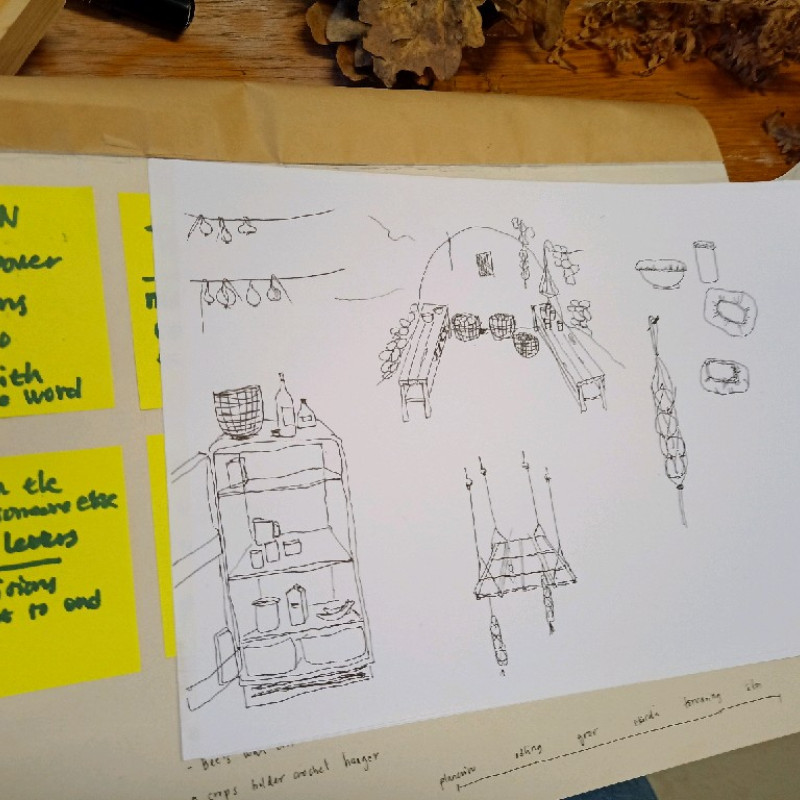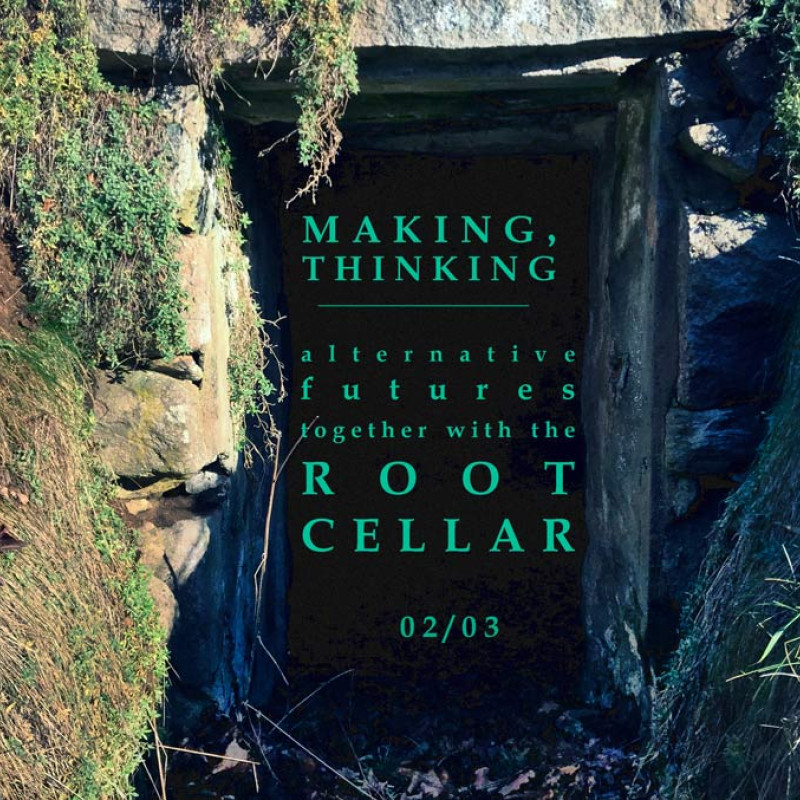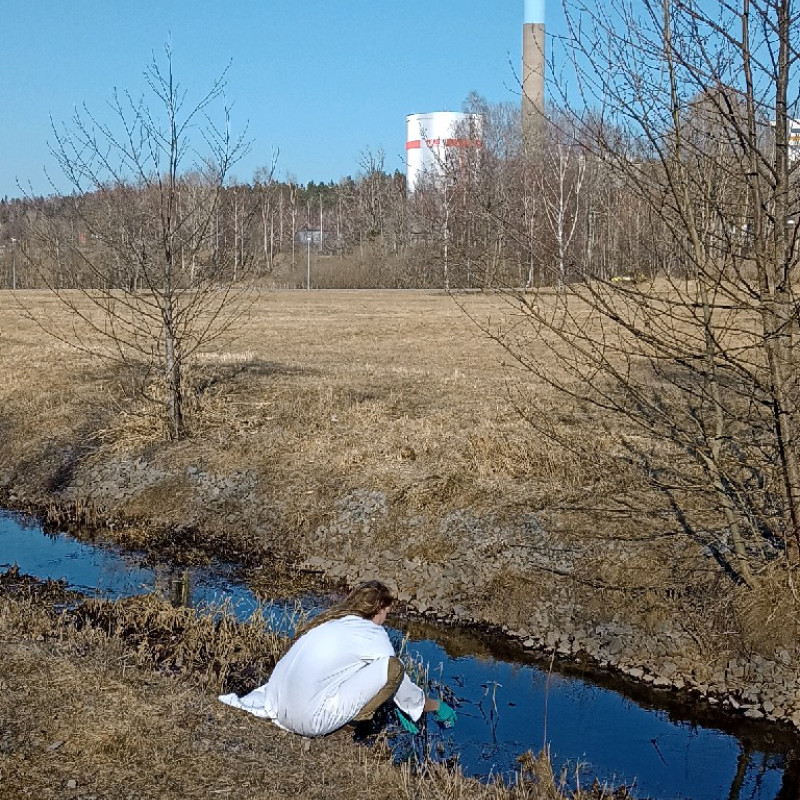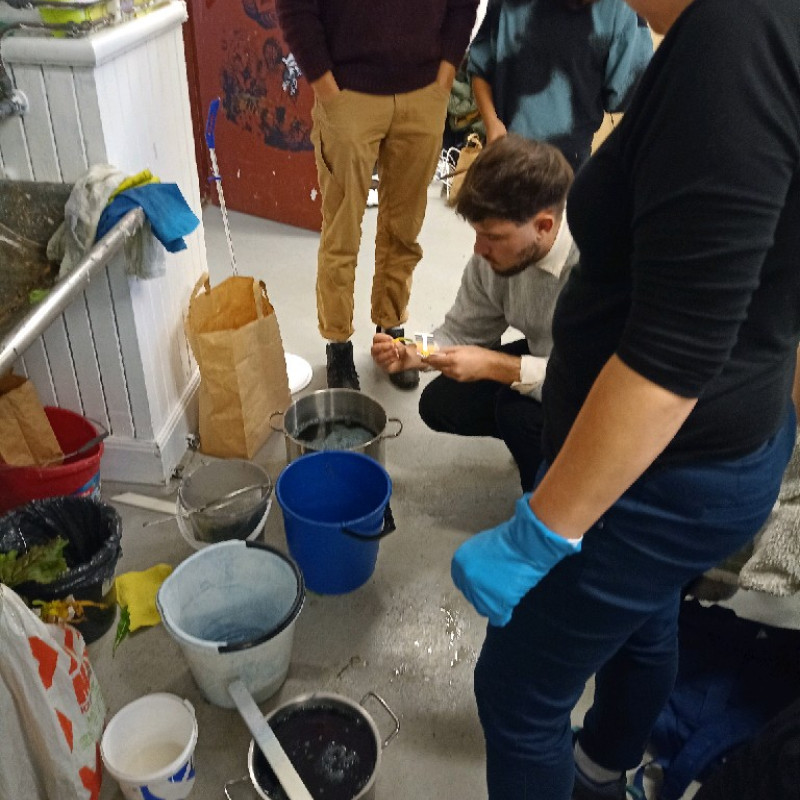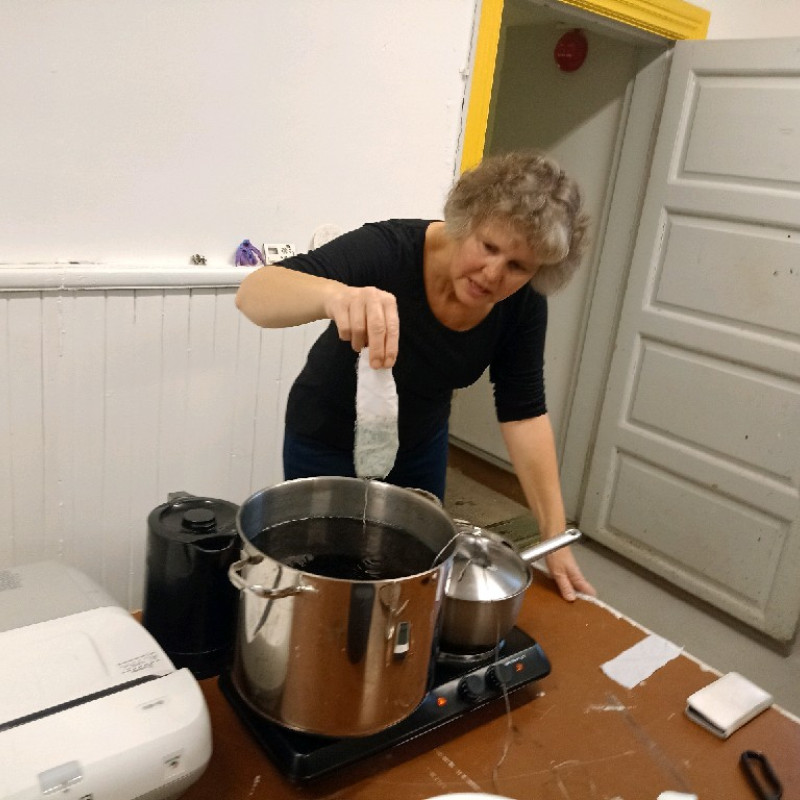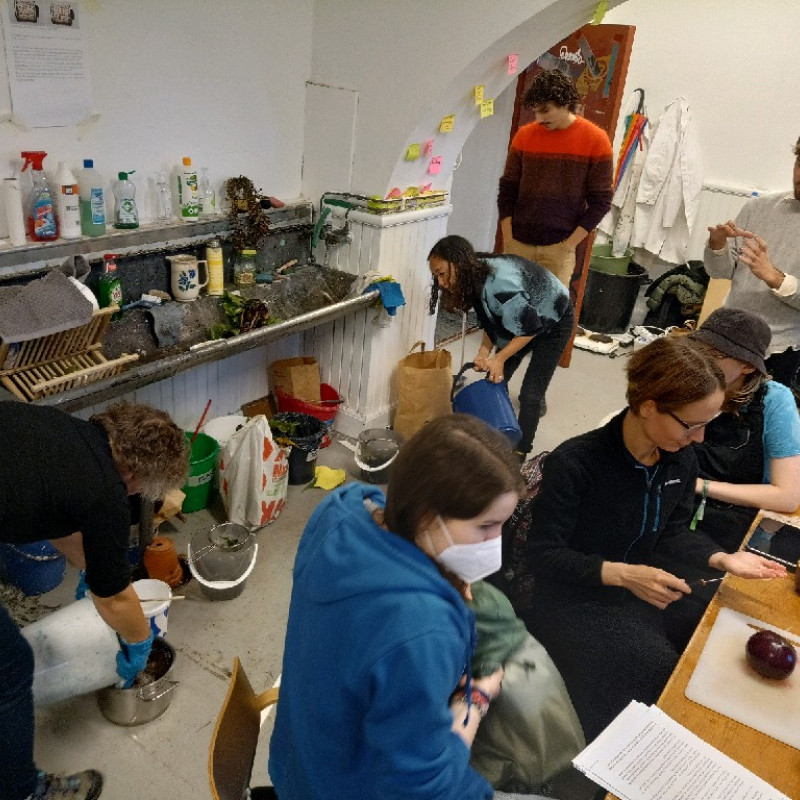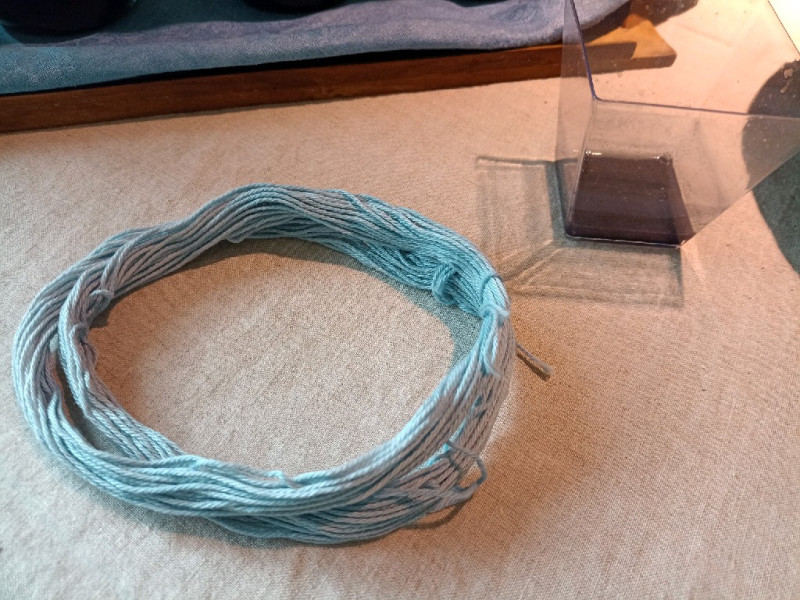Workshops, Events and Open Labs
The recurring open labs, workshops and events we held and co-organised during the project were oriented from a starting point of encouraging not a brand of do it yourself engagement, but what we have described as community-centred mode of learning it together, where multiple skills, literacies, knowledges and perspectives can be shared and crossed. We have worked especially to involve people who perhaps feel as they don't have a say in energy innovation or policy making due to the seemingly technical nature of energy and electrical systems.
These gaterhings involved collective forms of hands-on technological experimentation. Each event aimed to contextualize and expand the understandings and possibilities of environmental action through situated and engagements with technogical and ecological alternatives. Especially important in this approach has been building a sense of confidence amongst participants in the acts of experimentation with energy alternatives in a way that opens up the collective discussions and experimentation to reciprocal forms of knowledge sharing.
Open Lab
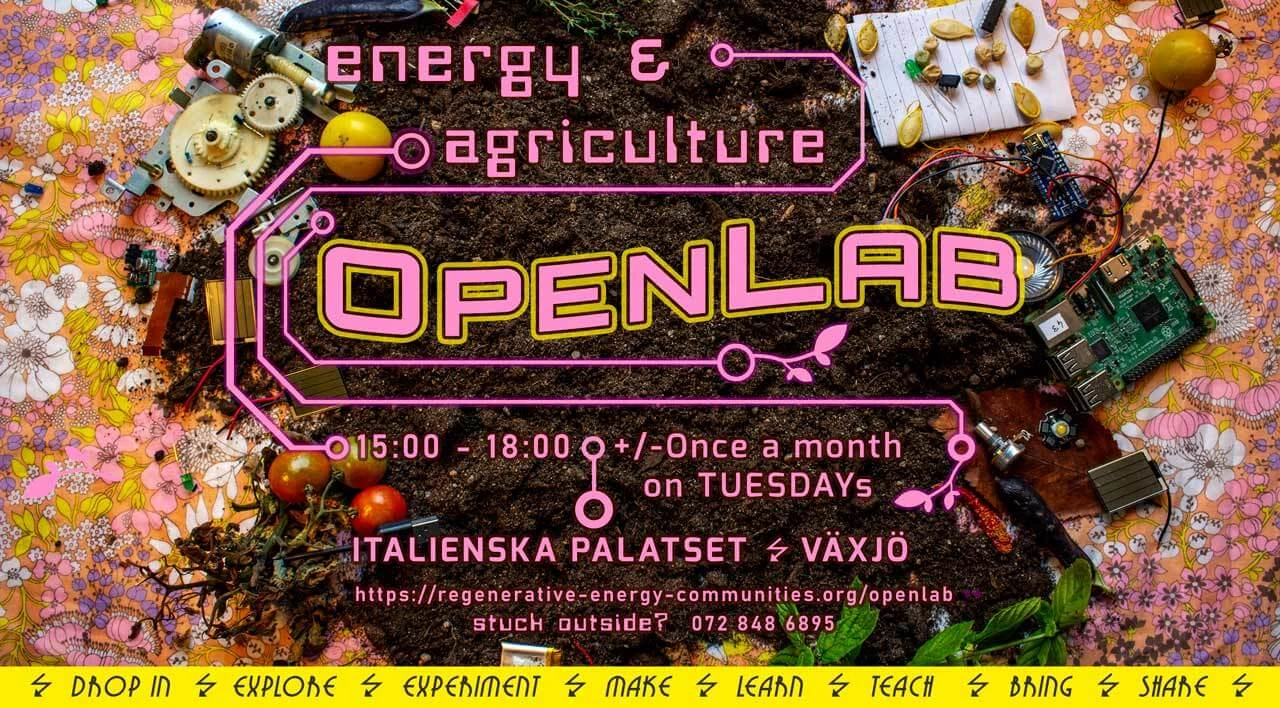
Open Lab! A place to collectively explore questions of energy and agriculture. Taking place approximately once a month, we invited anyone with an interest in learning about, exploring or sharing ideas relating to energy and agriculture to join us at our studio in Växjö, Sweden.
At the Open Lab we encouraged an open-ended understanding of what might count as energy and agriculture and worked to create a space for many kinds of discussions and explorations. This is not a "lab" like a science lab, but instead a place for open, curious, inclusive and collective sharing of ideas. Here, we hosted workshops (everything from tinkering with technology to cultivating plants) on a parcticular theme, invited guest speakers or workshop hosts. Other sessions will simply be open.
The Open Lab was located in Växjö, Sweden, at the Italienska Palatset artist studio house. Outside of the academic institution, the space became activated by many different crossings, many of which are documented further on this page.
Wind as Regeneration | Plenary Workshop at VR's Symposium for Artistic Research in times of Change
17-18 Nov, Luleå, Sweden
REC were happy to take part in the Swedish Research Council's (Vetenskapsrådet) Symposium on artistic research in a time of change, where we held a participatory keynote titled "Wind as regeneration: collective experiments in dreaming energy futures", where we presented our ongoing work in the project and gave participants the opportunity to collectively build our alternative wind-based prototype Electric Field. Really nice to go to the north of Sweden, though the region continues to be a crucial site of conflict surrounding the problematics of wind energy, mining and so-called green transitions.
More info here: https://regenerative-energy-communities.org/events/symposium-on-artistic-research-in-a-time-of-change
A guiding question for us throughout these workshops and forms of prototyping has been one of how can we make space for communities to feel that both food and energy are not something that is done to us, but that we do?
Science City

Science city was a small science festival for primary school pupils and high school students, where local exhibitors (mostly tech-companies from the region and departments from the faculty of technology) set up stands with hands-on activities:
https://lnu.se/mot-linneuniversitetet/aktuellt/kalender/2023/science-city-2023/
A question in our project early on was of how one might learn from and cultivate regenerative commitments to both social and ecological community wellbeing in developing participatory methods and prototypes for experimenting with energy. It was something we had seen firsthand in the collective engagements of the Feminist Farmers student group that were instrumental to the early days of the farm, whose practices gave one inspiring example of how communal farm plots and allotments can be "intersectional spaces, where different folx with different strokes dig, or not, their plots to plant vegetables, flowers, and other plants with diverse heritages" (Prophet and Pritchard 2023, 4). As Burke writes, in a regenerative energy community, "Participation must not be only as a consumer, rather as a member of a community seeking to provide energy to the whole of that community. Thus, the critical choice is not simply which type of energy to acquire, or even from whom, but rather what mode of social structures can best ensure energy for the intended purpose" (Burke 2021).
Feral Circuits: unearthing wild electricity through sound, friction and play
(27 Nov 2021) Media Artes
+DIY
+electronics meets plants/organic matter
+sound+empower to work hands-on with energy and electronics
+create a hands-on and feral sense of energy+varying speed of learning in the workshop and being able to support them simultaneously+participants learned basics of soldering
+collective sound art!+collective sonification a fun approach!
+diagram instructions helpful
+being able to pick which organic materials to use a nice form of choice for participants
+the idea of friction, as it materialises concretely in the circuit and its fighting over resources, is worth thinking about more+experimental collective learing and making is energy giving!
+crossing energy and electronics with organic matter broke up standard sense of electronics, tinkering etc.
Loose Energy Curriculum at the Humuspunk Library: Electric Field | Family Workshop at Zurich Art Weekend
The monumental wind turbine project keeps energy-hungry racial capitalism spinning and obscures the interdependencies of agriculture, communities and energy. We ask how might we retool, rescale and reassemble renewables into regenerative contraptions for community solidarity.
Toolmaking for a Human-Sized Agriculture
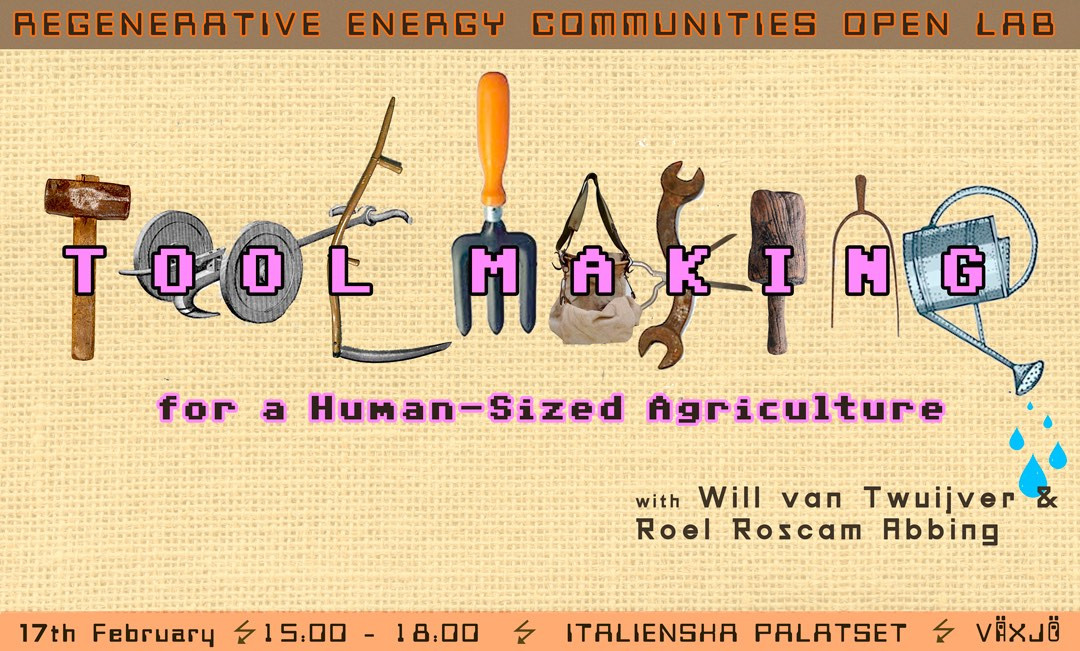
A workshop by Will van Twuijver and Roel Roscam Abbing! If you have a tool that is broken, is not quite working as it might for you, or that you want to dream with based on the description below please bring it along for possible tool regenerations! Friday, 17 Feb, 15:00-18:00
Most industrial farm and garden tools are typically designed for the average person. They are not optimised for people with diverse body types and are only designed for generic gardening tasks. As a result, humans adapt themselves to tools, instead of tools being shaped after situated human needs and capabilities. At the same time, hand tools fall in disrepair and disuse, but this does not mean they have to be discarded. Repairing these tools can also become an opportunity for improvement and adaptation.
The workshop 'Toolmaking for a Human-Sized Agriculture' invites participants to join and repair or repurpose old garden tools. During the workshop we explore how these tools can be made to reflect one's specific needs, talents, interest and relationship to their local context. Join us for an afternoon of collectively building more personal and localised gardening practices where we shape tools for our needs and that of the land, rather than the other way around!
Energy Crafting: Grow Our own Solar Cells
Energy Crafting was a two day worksession led by 施 惟 捷 Shih Wei Chieh and Maya Minder, with inputs from The Institute of Technology in the Public Interest, Wiriya Rattanasuwan and Regenerative Energy Comumunities, as part of the Loose Energy Curriculum at The Humuspunk Library, AIA gallery, Switzerland.
Over the two days participants were introduced to the connections between DIY energy craft, practices of infrastructure building, art and community practices of regeneration and technologies in the public interest. Participants took part in a two day worksession to collectively research energy crafting for a regenerative present! We collectively and practically worked on the practices of growing and community energy creation, alongside creating new solidarities for organising instituting practices - asking participants to bring their proposals for crafting new energy kinships!
More information: https://regenerative-energy-communities.org/events/energy-crafting
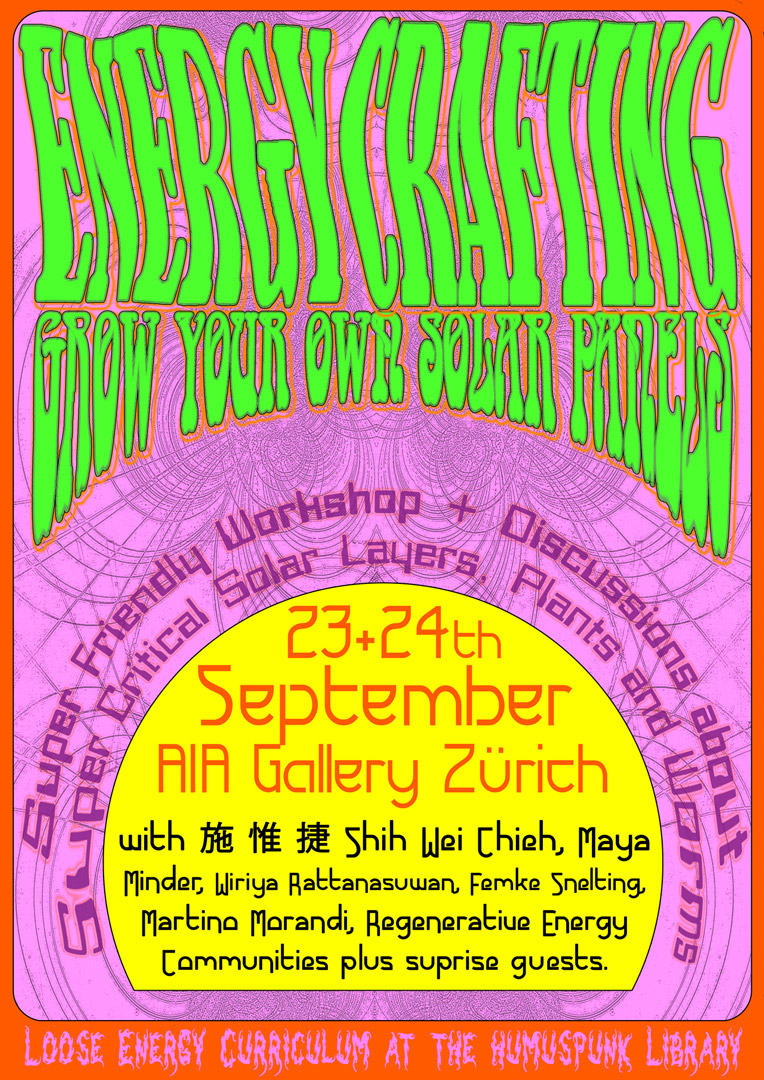
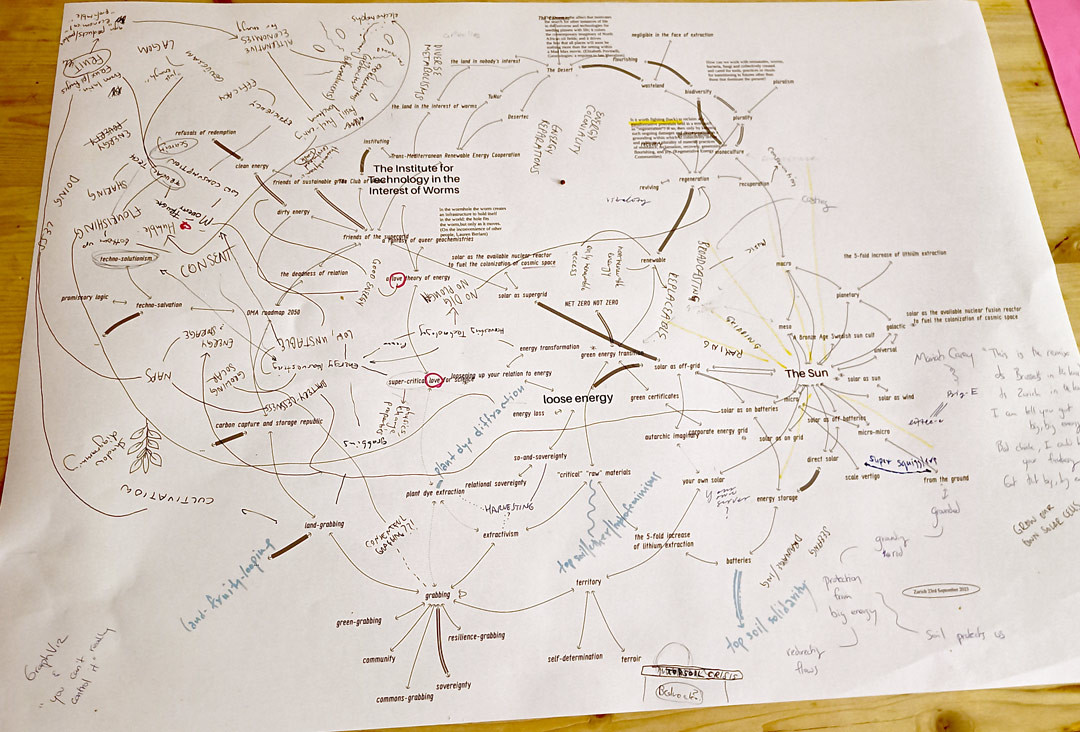
Nonagon Festival
For the 3rd edition of Nonagon Festival in Svanö, Sweden, REC and friends Oliver Jäggi and Gillian Wylde held a series of workshops and performance with microenergy circuits. For this year's theme, "Currents", REC proposed participants to "assemble and solder a custom ultra-low energy noise sysnthesiser, which you can use to uncover and sense wild electricity in your environments through sound. Investigate various microenergy sources and construct your own queer electricity generators along with the natural surroundings of the festival. Drop-in for rest and recuperation, make some noise, jam, hang out, have some tea, and dream about alternative energy futures for community flourishings and the ongoingness of the world...".
The local newspaper Tidningen Ångermanland did a nice review of the festival, including brief coverage of REC's presence. Available online here and as a PDF export. Note that the final two photos from the festival included in our documentation of the event here were taken by the article's author Gregor Flakierski.
Farmer's day with energy balls and wood chipping
April 28th, Henric and Leah picked up two trailers of woodchips from VEAB which we laid out to and from the shed, the social space and the entrance. After the spreading out of the woodchips and other collective farmers' day work, we —together with Stephanie from The Dirt—invited those who are interested to join us after for a little fika (snacks, soup and warm drinks) and chat about energy needs/dreams for the farm and community as well as some seed swapping. We crafted some prompts, which Gillian beautifully hand wrote out. The energy discussion largely focused on social energy, particulaly involved with community organising.
Stephanie also shared with us this energy ball recipe which accommodates vegan, gluten-free, nut-free eating preferences well and also only requires a hand full of ingredients: https://runningonrealfood.com/cinnamon-energy-balls/
Poetichemistry of Soils | OpenLab
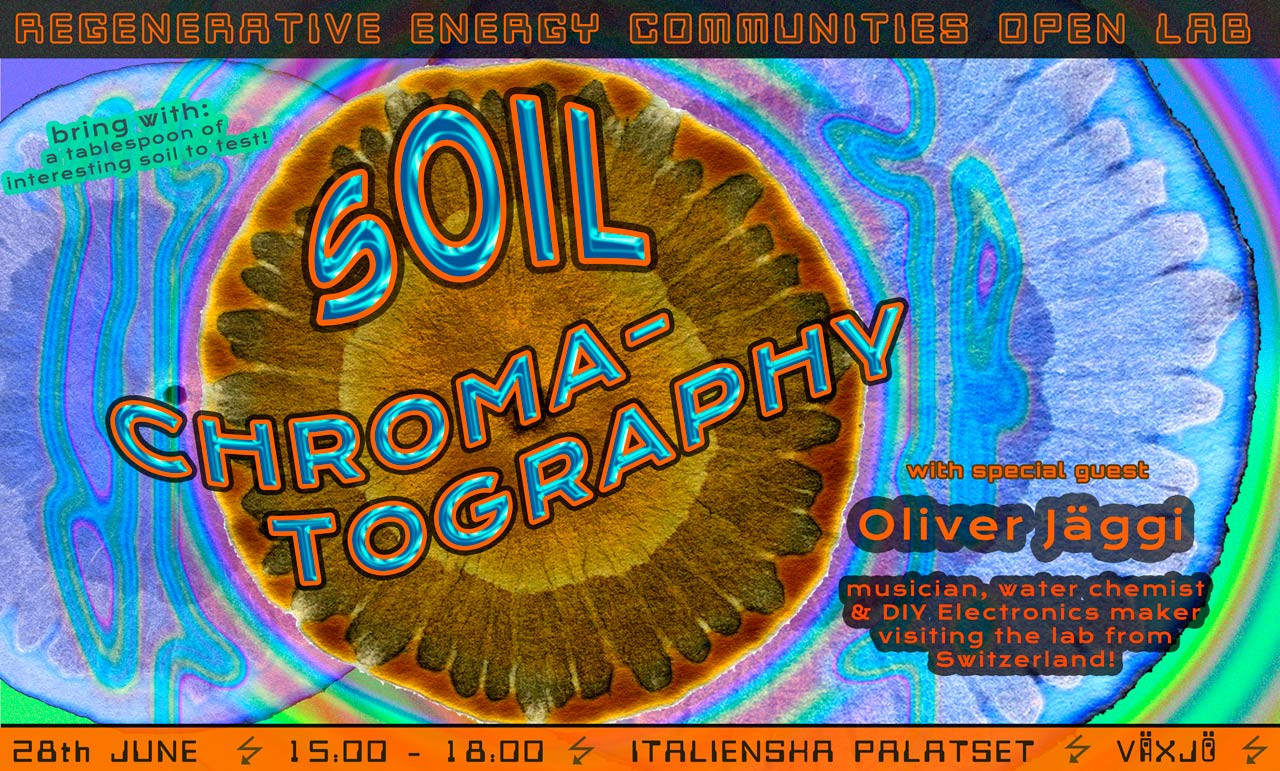
Poetichemistry of Soils Chromatography Workshop with Special Guest Oliver Jäggi - Regenerative Energy Communities Open Lab
Circular Soil Chromatography is a somewhat poetic way of gleaning information about what's going on in the dirt, using an old-school photographic developing process, and requiring a qualitative analysis method akin to reading tea leaves. We have never done this before, so this will be a DIO / LIT (Do it Ourselves / Learn it Together) summer holiday workshop.
Thankfully we'll have Oliver Jäggi joining us, who also works with big fancy chromatography machines in a chemistry lab that manifests big fancy data, and so we'll be thinking about the tensions around different forms of sensing and analysing our environments too, while the soil-as-photographer manifests nice artworks for us to decode.
Bring a tablespoonful of soil that you would like to analyse or that you think would give interesting results!
More info on and directions to the Open Lab can be found here: https://regenerative-energy-communities.org/openlab
Oliver Jäggi is a Zürich-based musician, chemist, synthesiser enthusiast and workshopologist, working in the city's water protection laboratory and with the Swiss Mechatronic Art Society
Thinking with the Root Cellar
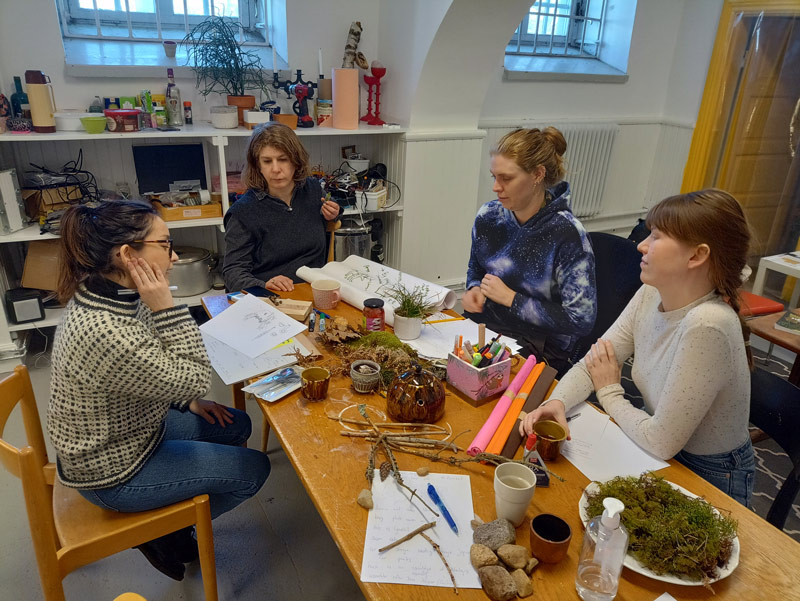
Co-organised with Christina Zetterlund, we invited some amazing designers, such as Fem2 Design and Leah Ireland, to think along with us and the root cellar; an amazing low energy technology for food preservation which has a strong history and presence in the region. Christina also invited us to join a seminar and field trip led by Kjell Gustafsson, 'Liemannen' and expert on root cellars.
The Magical Blue | Open Lab

On Tuesday, 18 October we had a plant-based dye open lab at the Regenerative Energy Communities studio at Italienska Palatset (on the other side of Trummen). For the workshop, run by Helene Damsö, we will learn how to get blue dye colour from the indigenous plant woad (using only natural ingredients to do so), which we have been growing on the VXO Farmlab site. Amongst other possibilities, we will discuss the use of natural dyes in DIY natural dye sensitized solar panels
